Opinion: Masks made us insecure
![Do not worry if you are feeling insecure about taking off your mask, you are not the only one. Research studies show that there is an underlying issue. ¨Wearing a mask serves as a security blanket that relieves some of the social pressures that come with [the] fears of exposing flaws in appearance or signs of anxiety,¨ psychology professor at the University of Waterloo David A. Moscovitch said.](https://buenaspeaks.org/wp-content/uploads/2022/03/Screenshot-2022-03-22-1.54.51-PM.png)
Do not worry if you are feeling insecure about taking off your mask, you are not the only one. Research studies show that there is an underlying issue. ¨Wearing a mask serves as a security blanket that relieves some of the social pressures that come with [the] fears of exposing flaws in appearance or signs of anxiety,¨ psychology professor at the University of Waterloo David A. Moscovitch said.
March 22, 2022
Mask fishing is the new Catfishing. Although it lacks the severity of lying to someone about how you look in order to gain something, the hidden aspect is still there. However, this is not including those who want to continue wearing masks for their own health and safety or the safety of others.
For two years we were able to hide our faces from the world. No one would see our so-called ¨imperfections¨. Our pimples, acne scars, and teeth were all hidden behind the comfort of our masks. But not anymore.
With the mask mandate ending in California, we get to choose if we want to wear our masks indoors and now we face a new challenge, getting used to being exposed to our peers.
David A. Moscovitch, a psychology professor at the University of Waterloo recent research suggests that the mask protocol increased our social anxiety. We see that Moscovitch research solidifies our feelings and that it was normal to feel this way because of the change in social norms and expectations.
¨Wearing a mask serves as a security blanket that relieves some of the social pressures that come with [the] fears of exposing flaws in appearance or signs of anxiety,¨ Moscovitch said in an interview to CNBC.
Moscovitch also explains that being isolated from others during the pandemic was already a coping mechanism for those dealing with anxiety, which explains the increase of people suffering from anxiety.
Drawing from Moscovitch, it was amazing for me to be at home. I was away from others and as a result, did not have the worry of what other people were thinking about me. Then, when we returned to school, we had the security of a mask to hide our ¨imperfections¨ behind. I was struggling with the worst acne breakouts and I took comfort in knowing that no one would see it because it was hidden beneath my mask.
Personally, I believe that when we look at someone with a mask we imagine them with what society promotes as ¨perfect features¨ that have been unconsciously woven into our brains. A straight, skinny nose and perfect skin. We do not choose to imagine someone with a bump on their nose or acne scars even though it is completely normal to have these features.
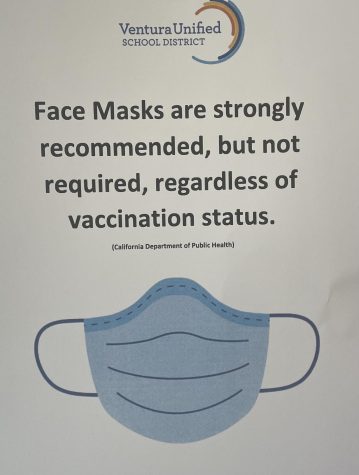
To be honest, I was ready with my mask on walking into the first period the day the mask mandated lifted March 12, but, as I entered the room I noticed that I was the only one wearing one. I decided to take it off because I did not want any eyes on me, and the first few days I noticed that I could not even look my teacher in the eyes because of the fear that I looked better with my mask on.
However, now that I have taken my mask off, I realized that it has made me more comfortable with my peers because the sooner they see me with my mask off the sooner they will realize that this is me, and this is how I look, not the notion of what they might have believed I looked like.
All in all, we saw through the last two years that masks have become our security blanket. Regulations are not as strict and we see the effects of needing to overcome our insecurities and embrace ourselves. However, it is only natural that getting used to seeing people without masks and getting comfortable not wearing masks ourselves, takes time. We are our hardest critics and our ¨imperfections¨ are not flaws but make us authentically to ourselves.

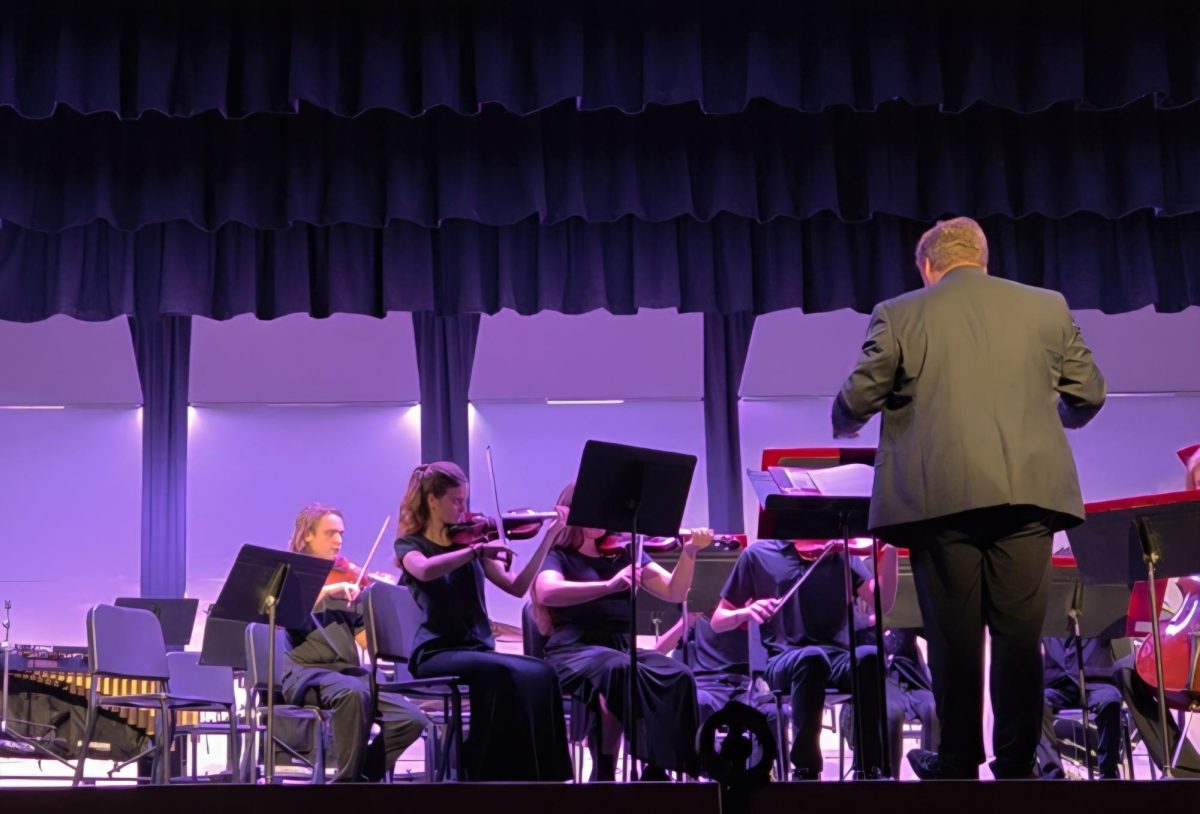
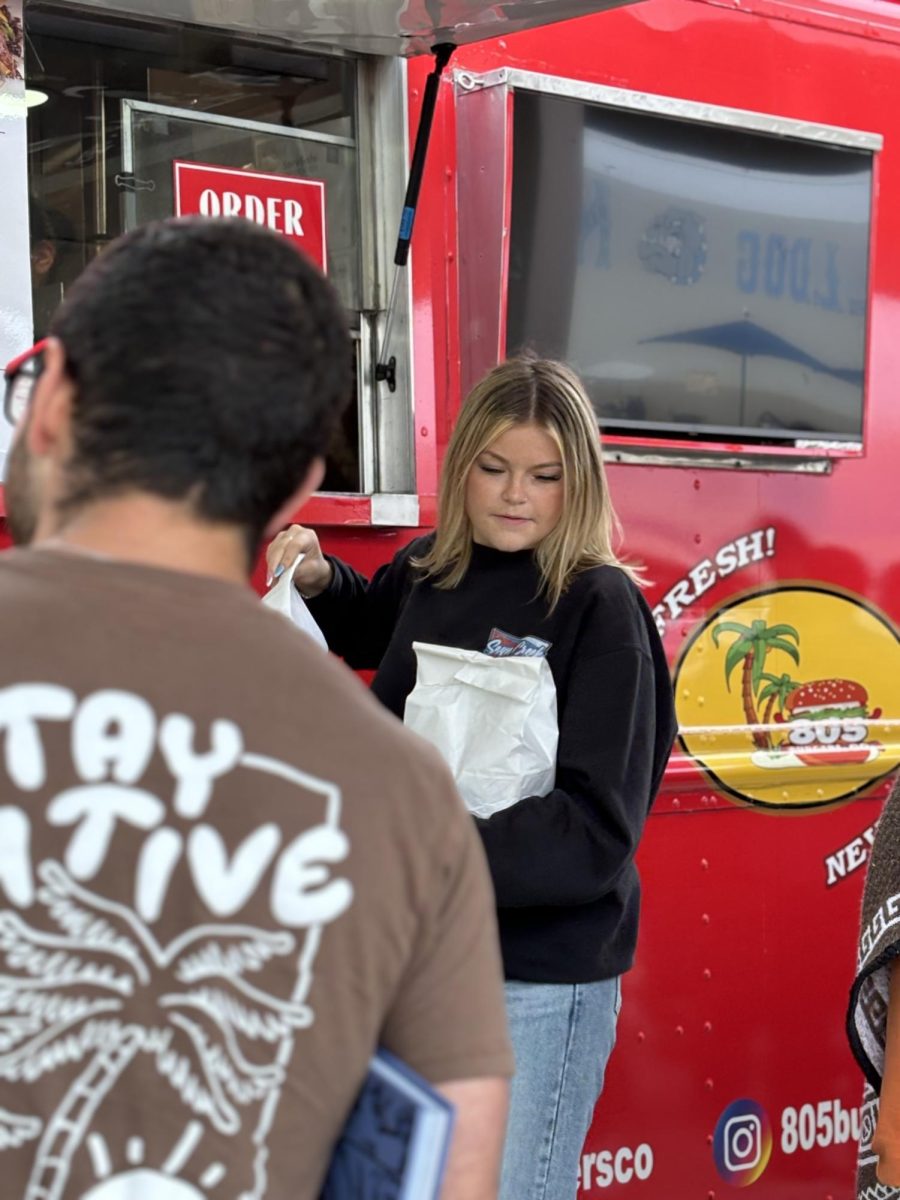
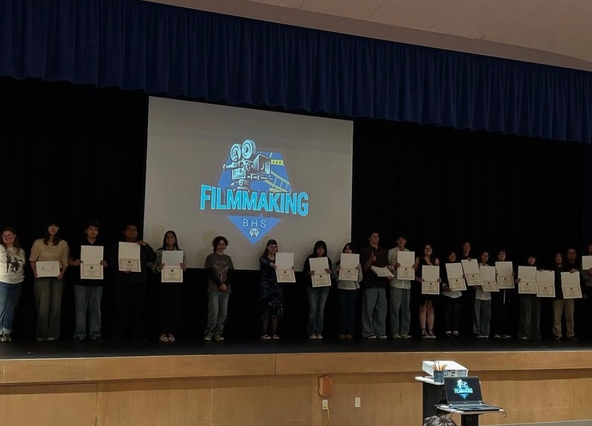
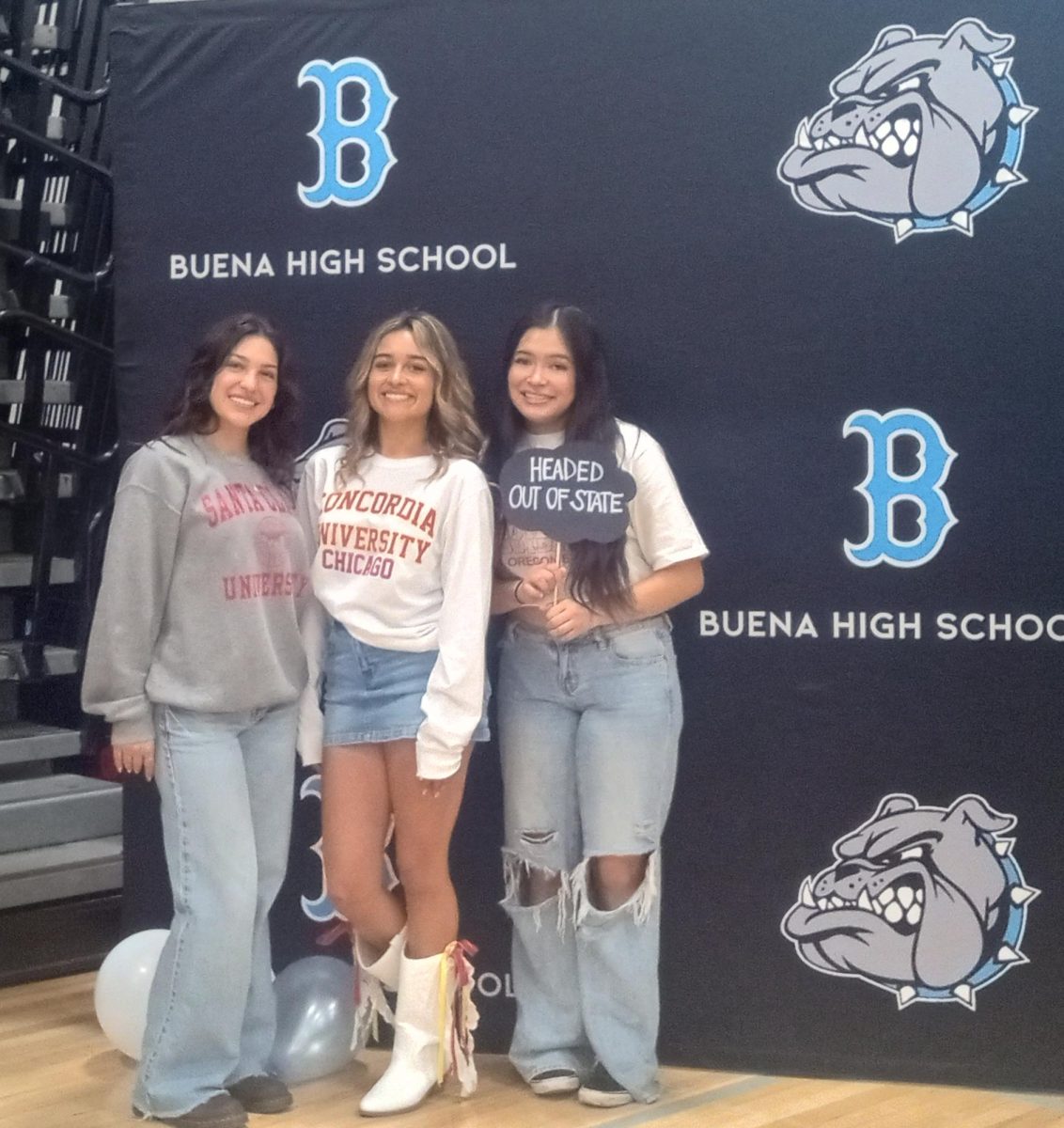
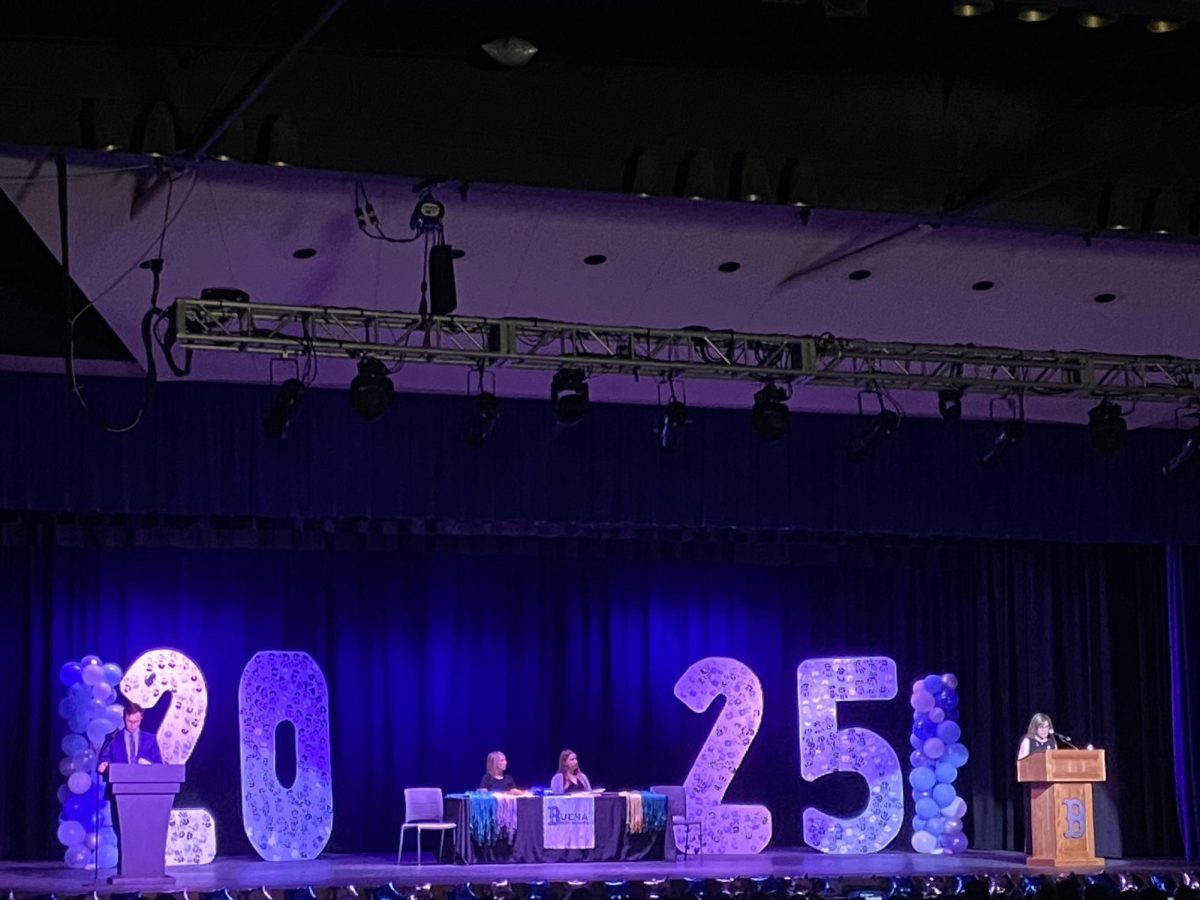
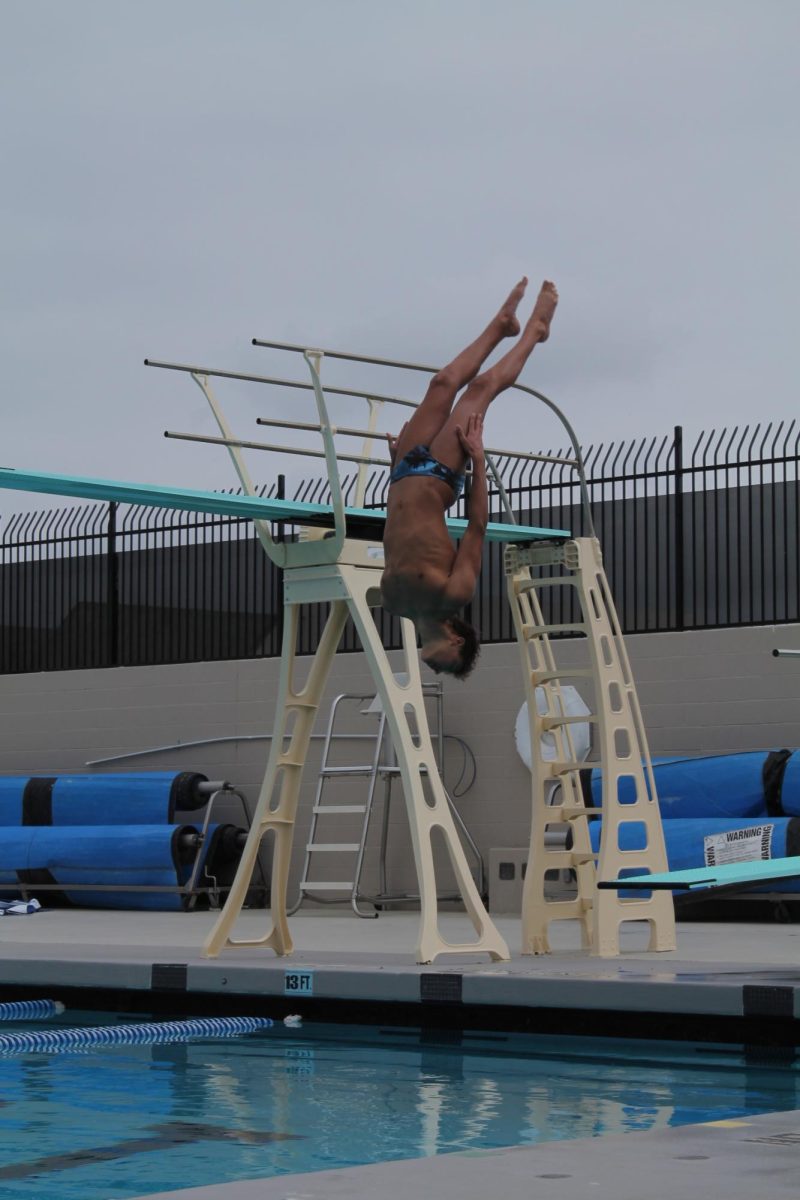
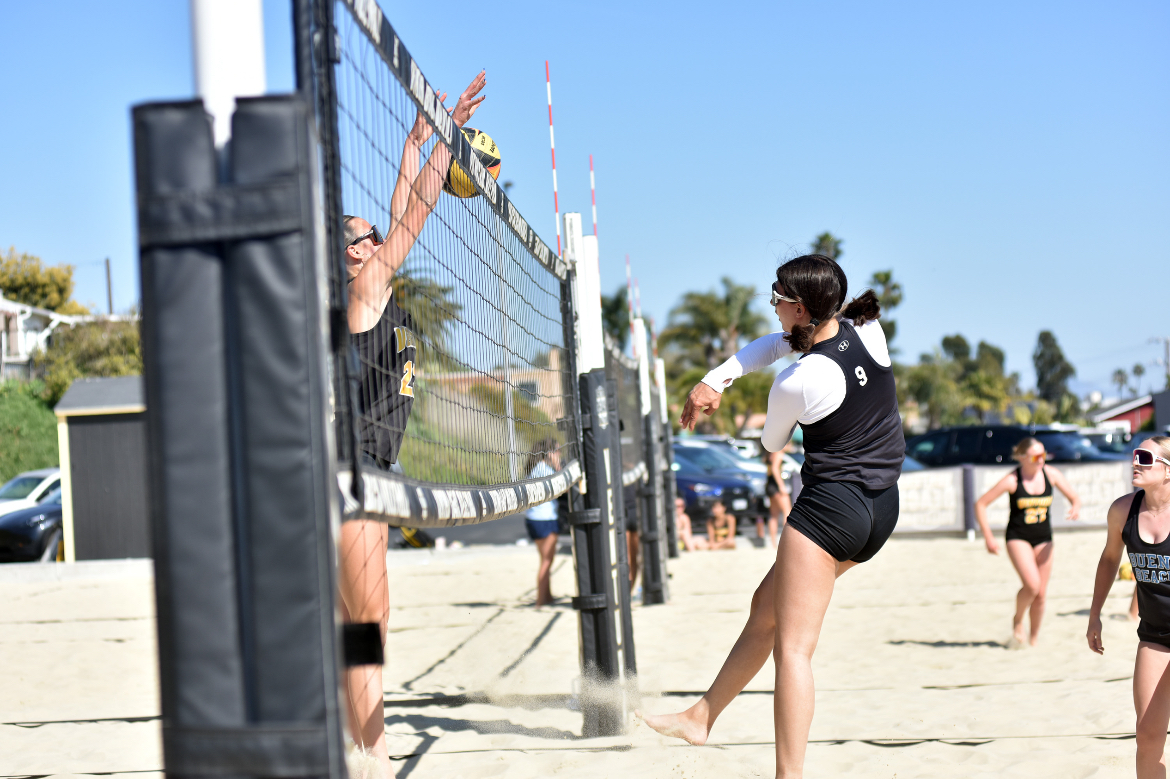
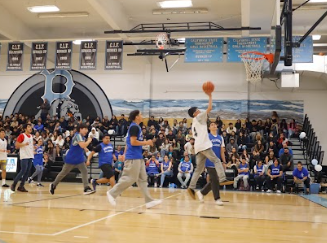
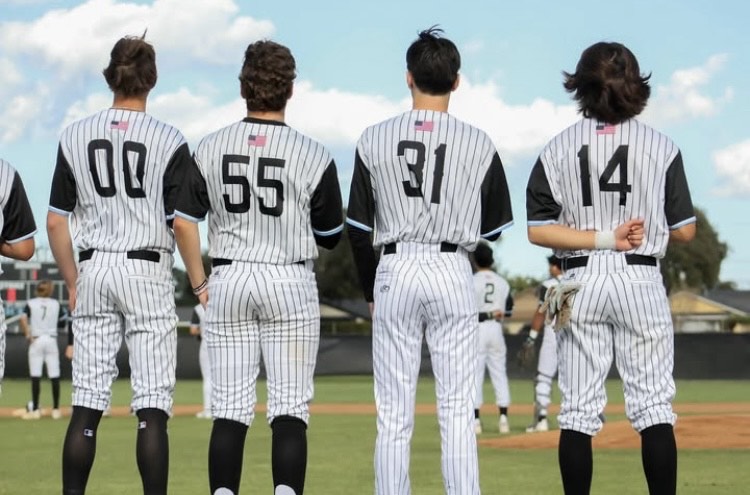
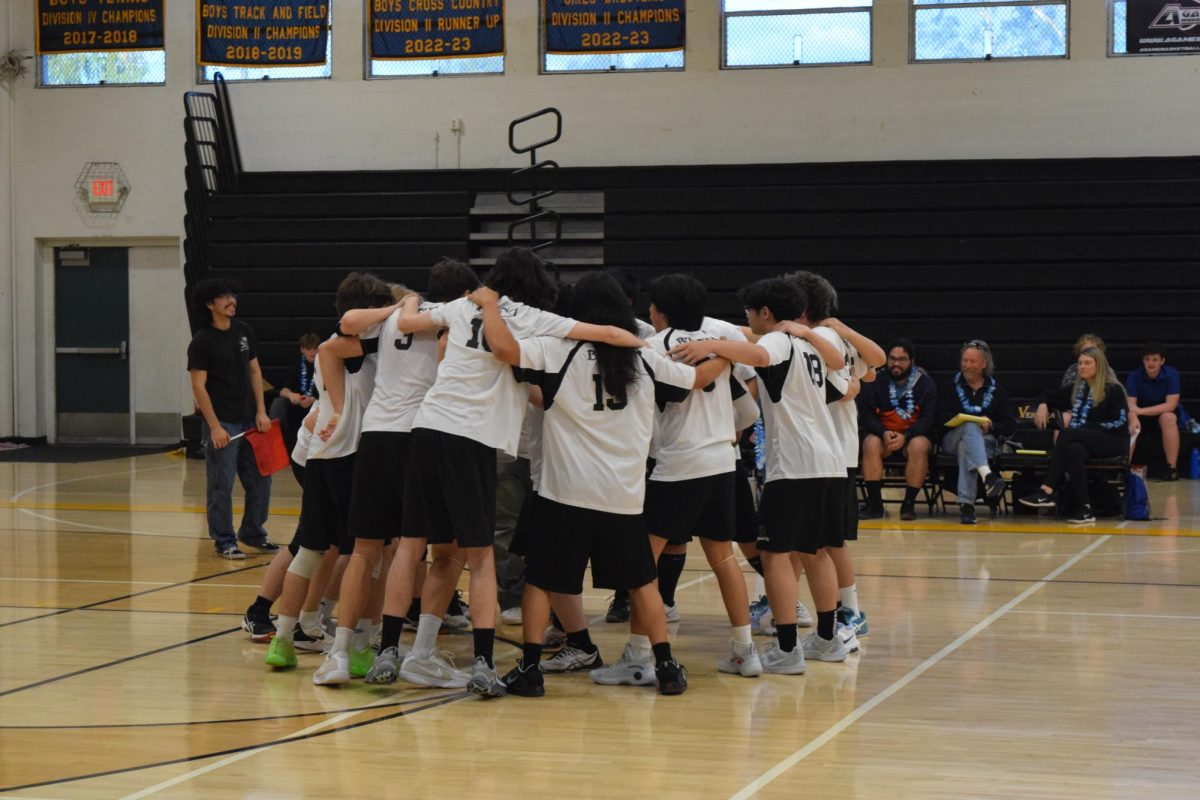


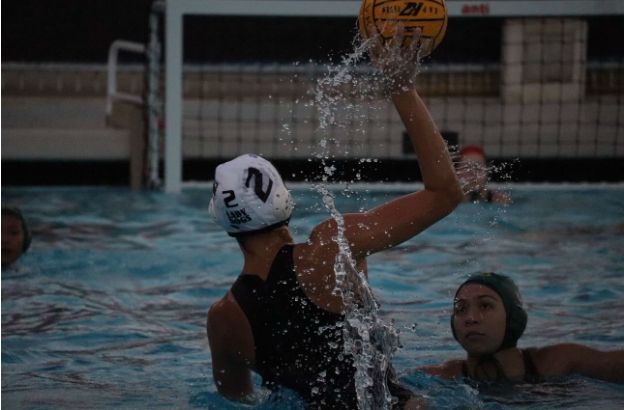
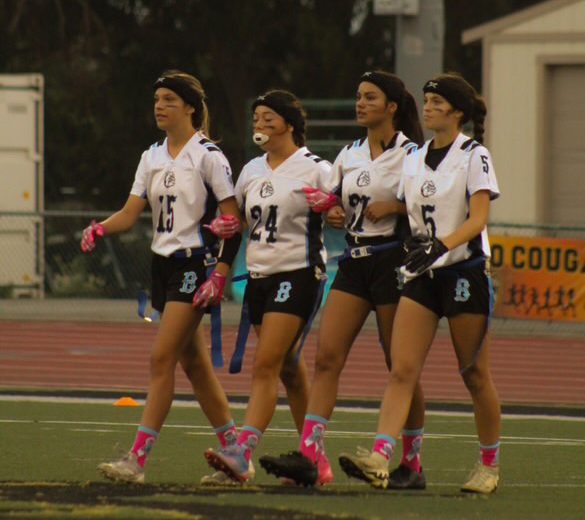
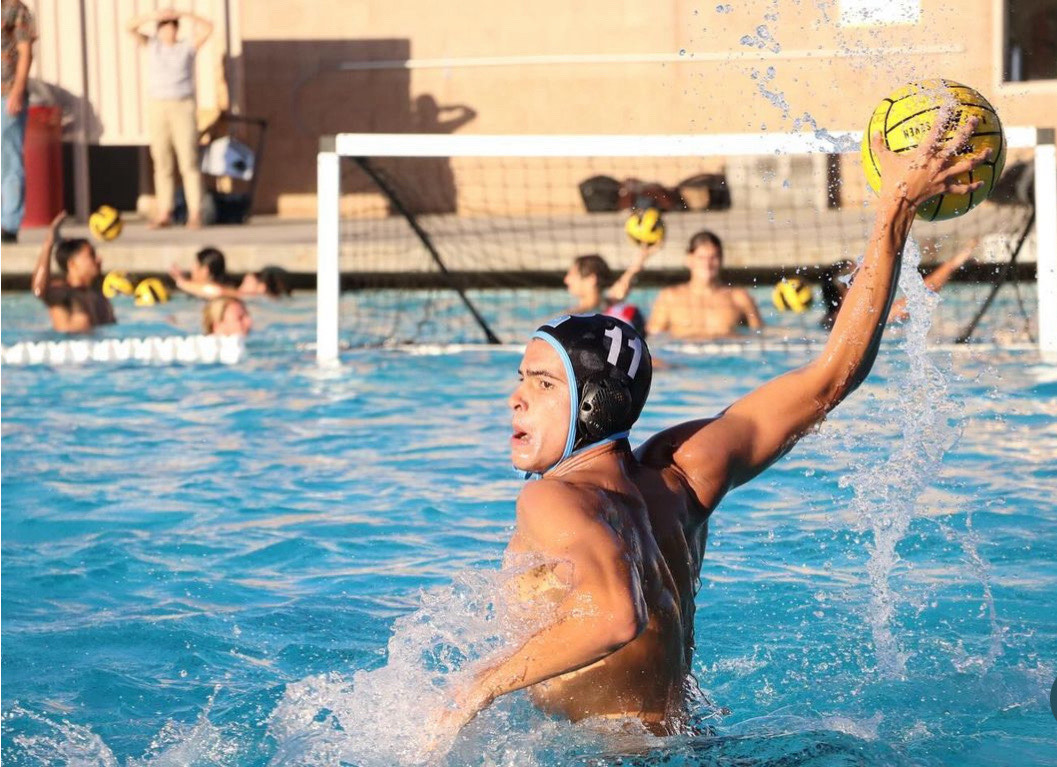
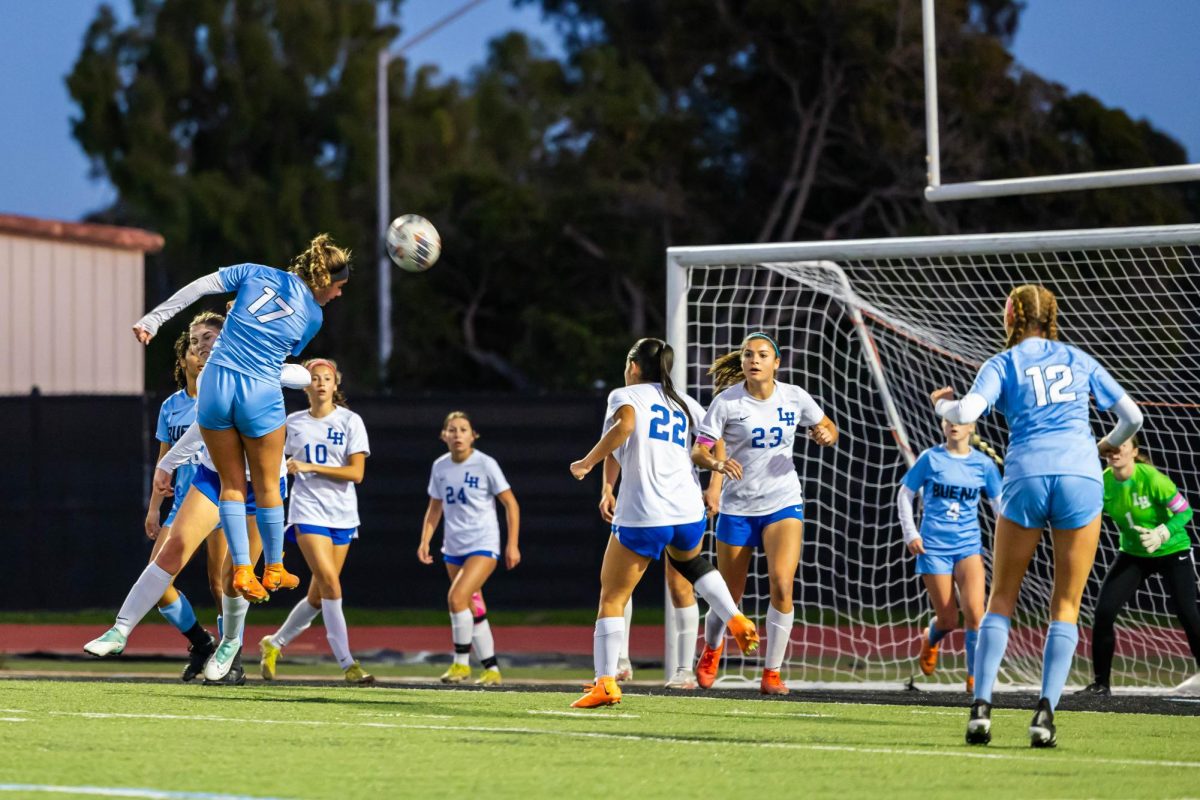
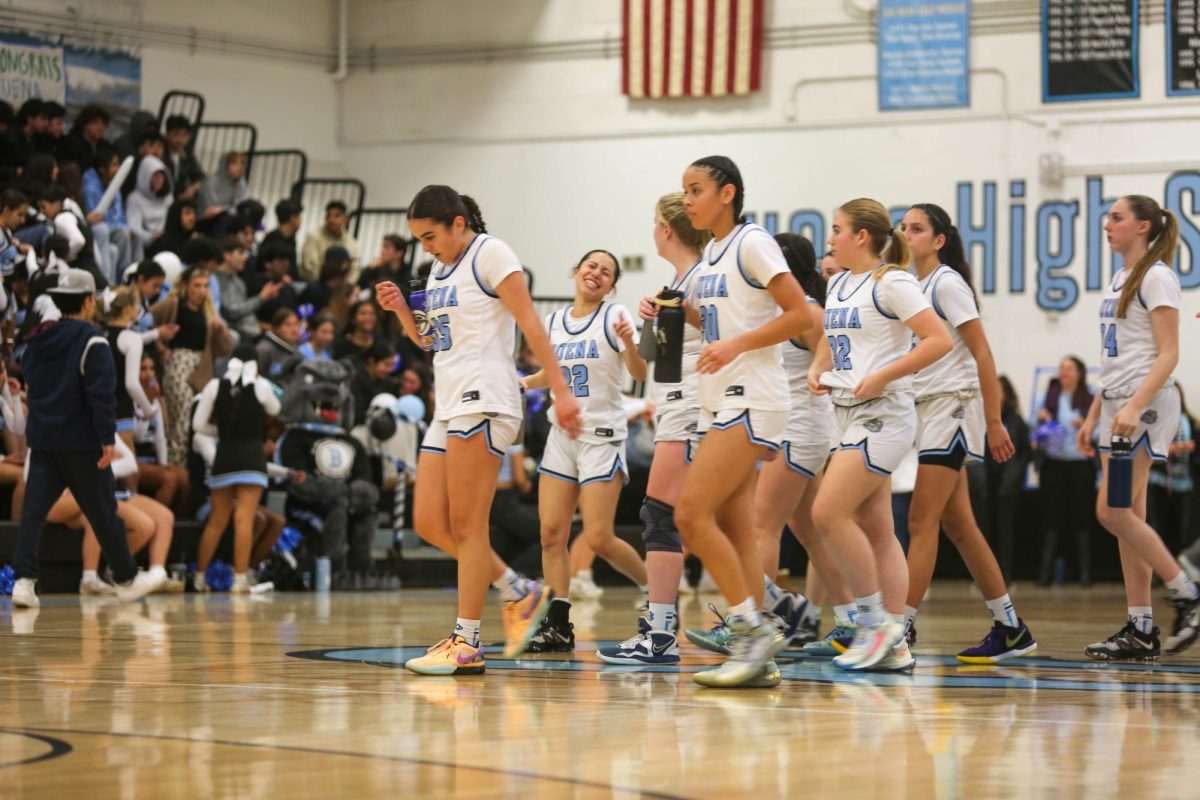

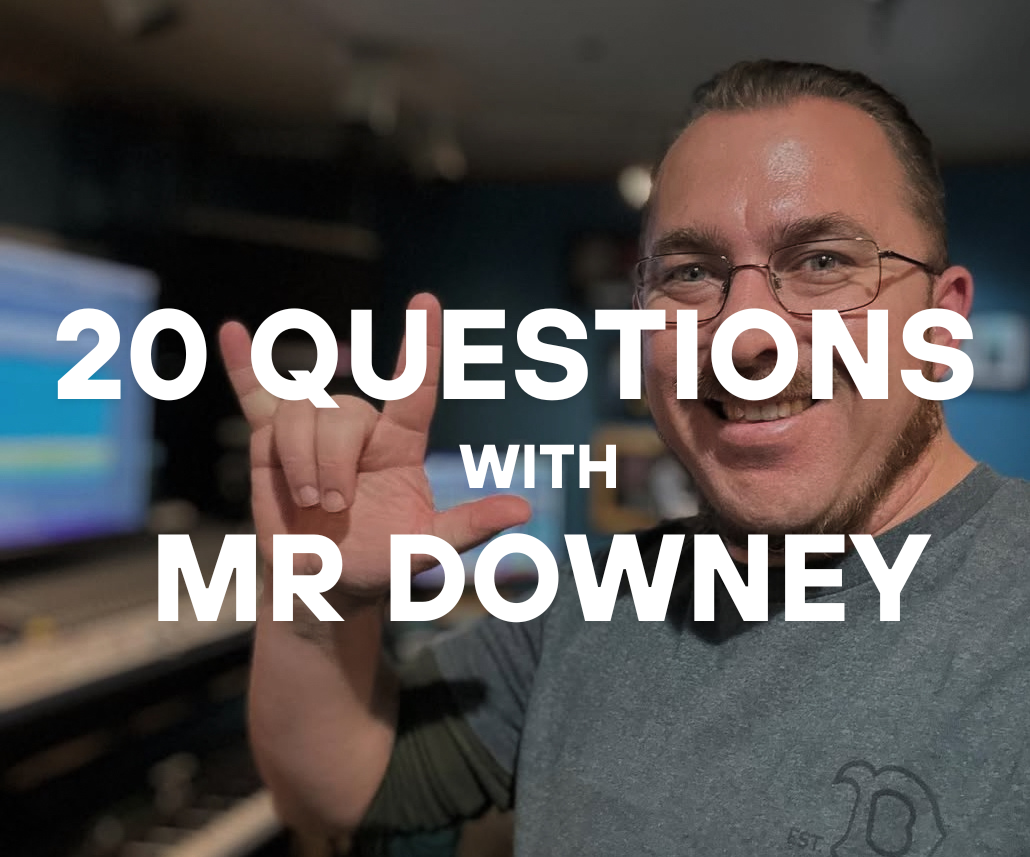
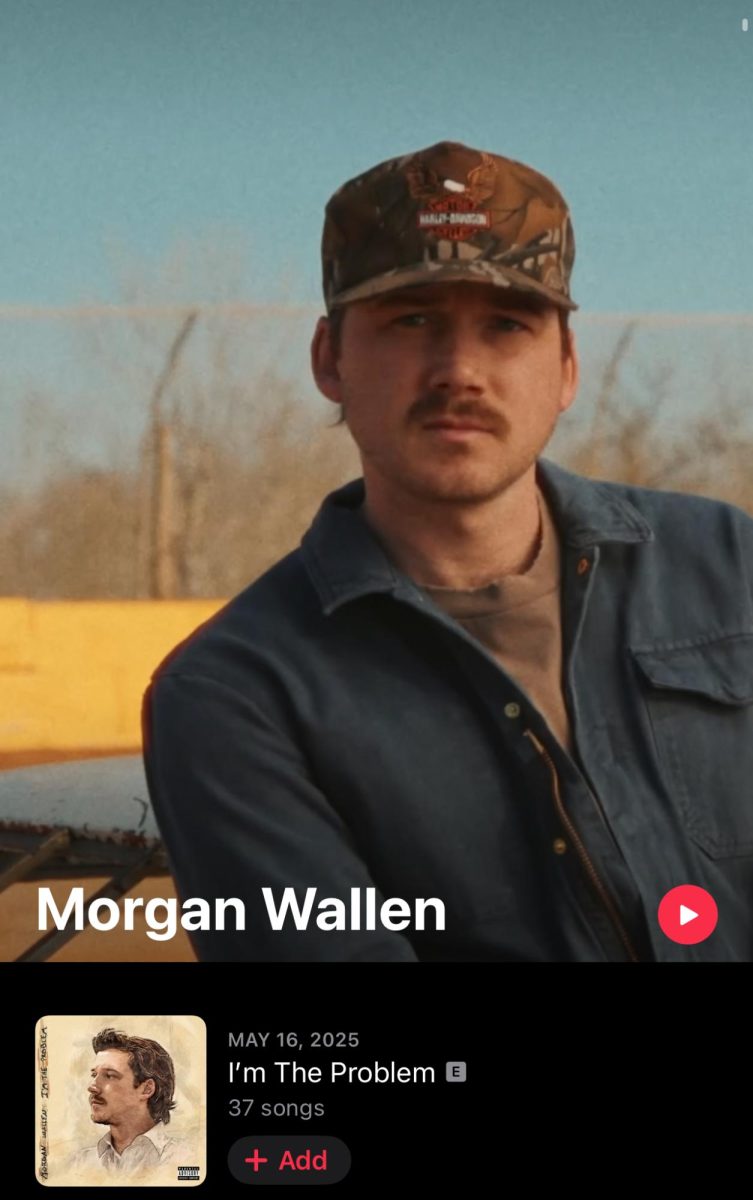
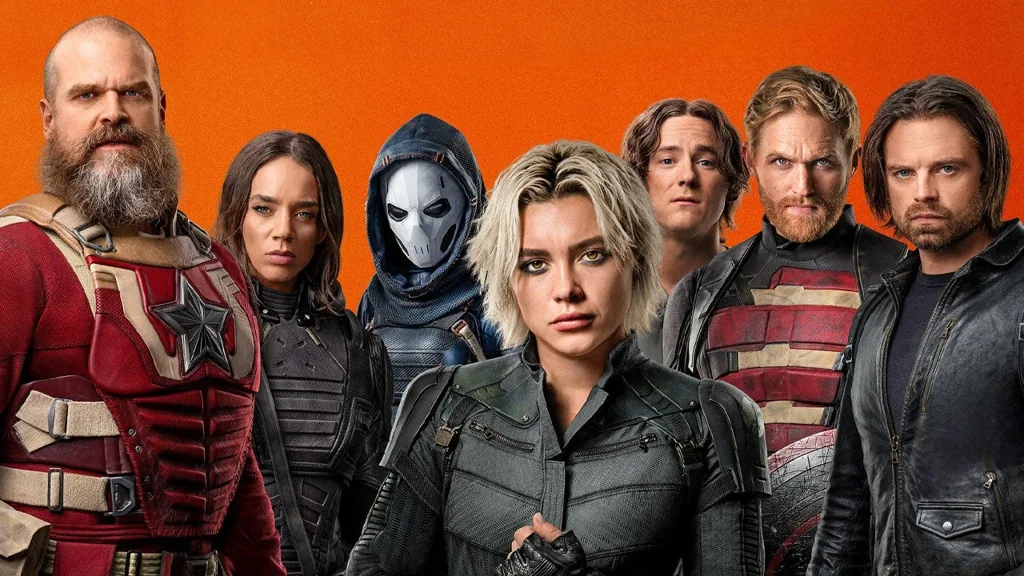


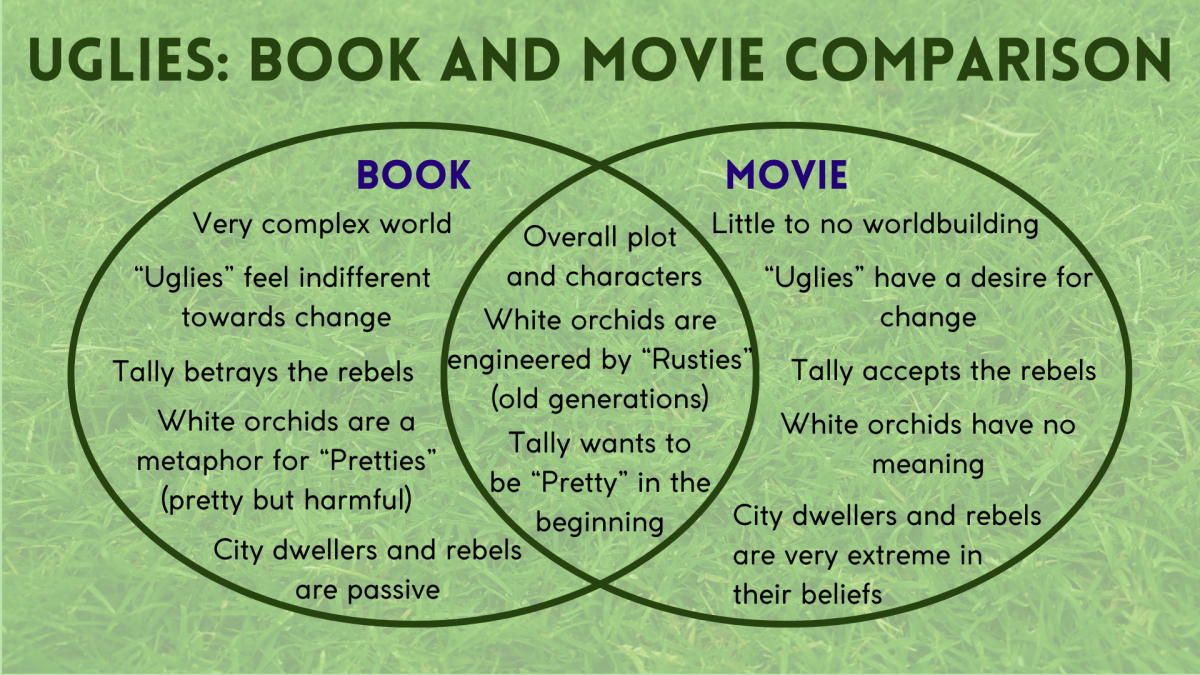

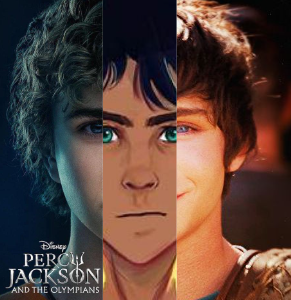

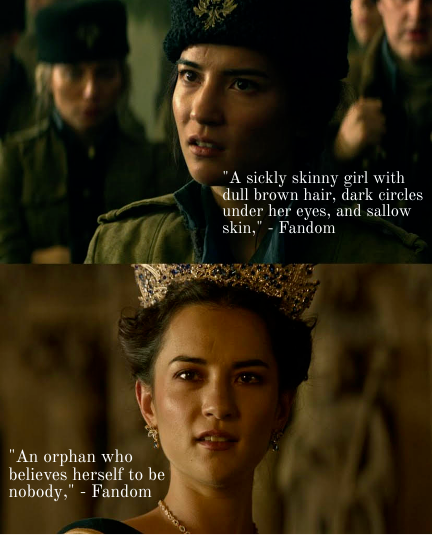
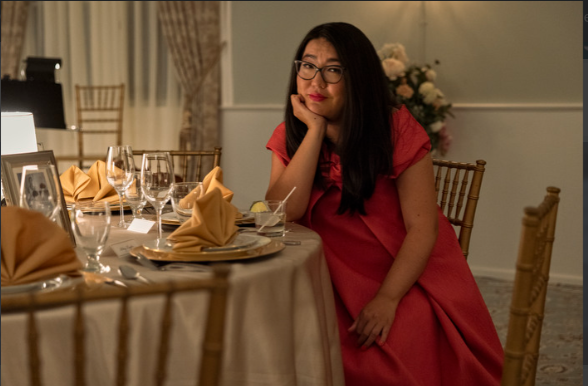

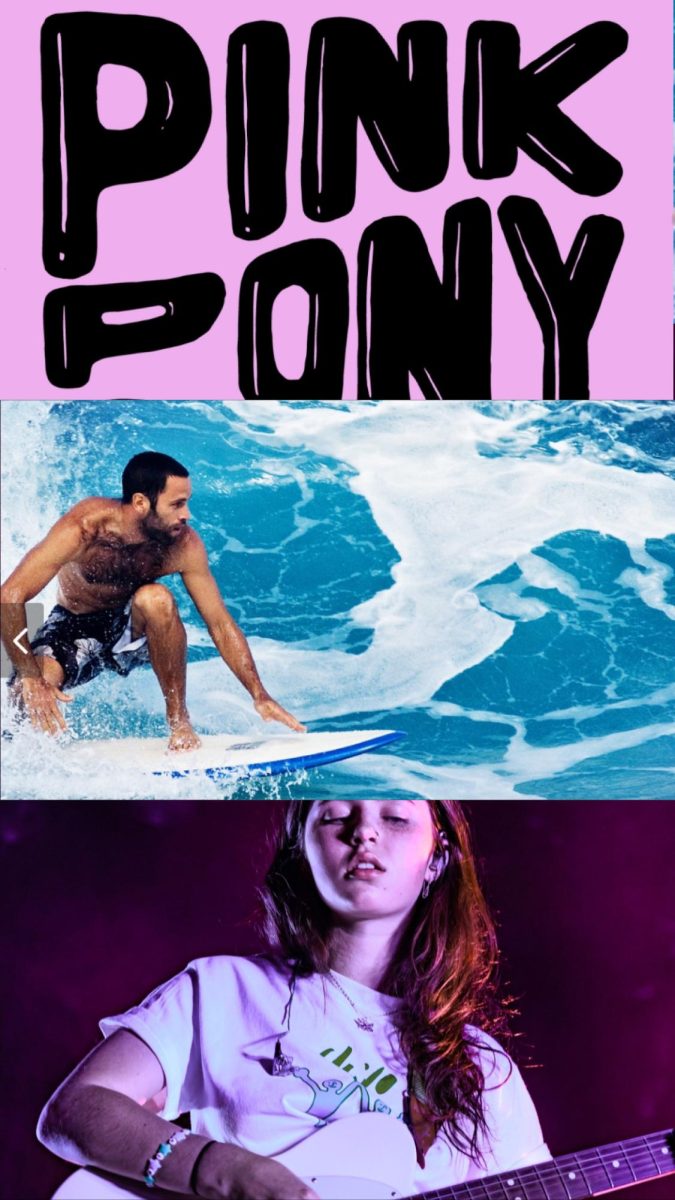


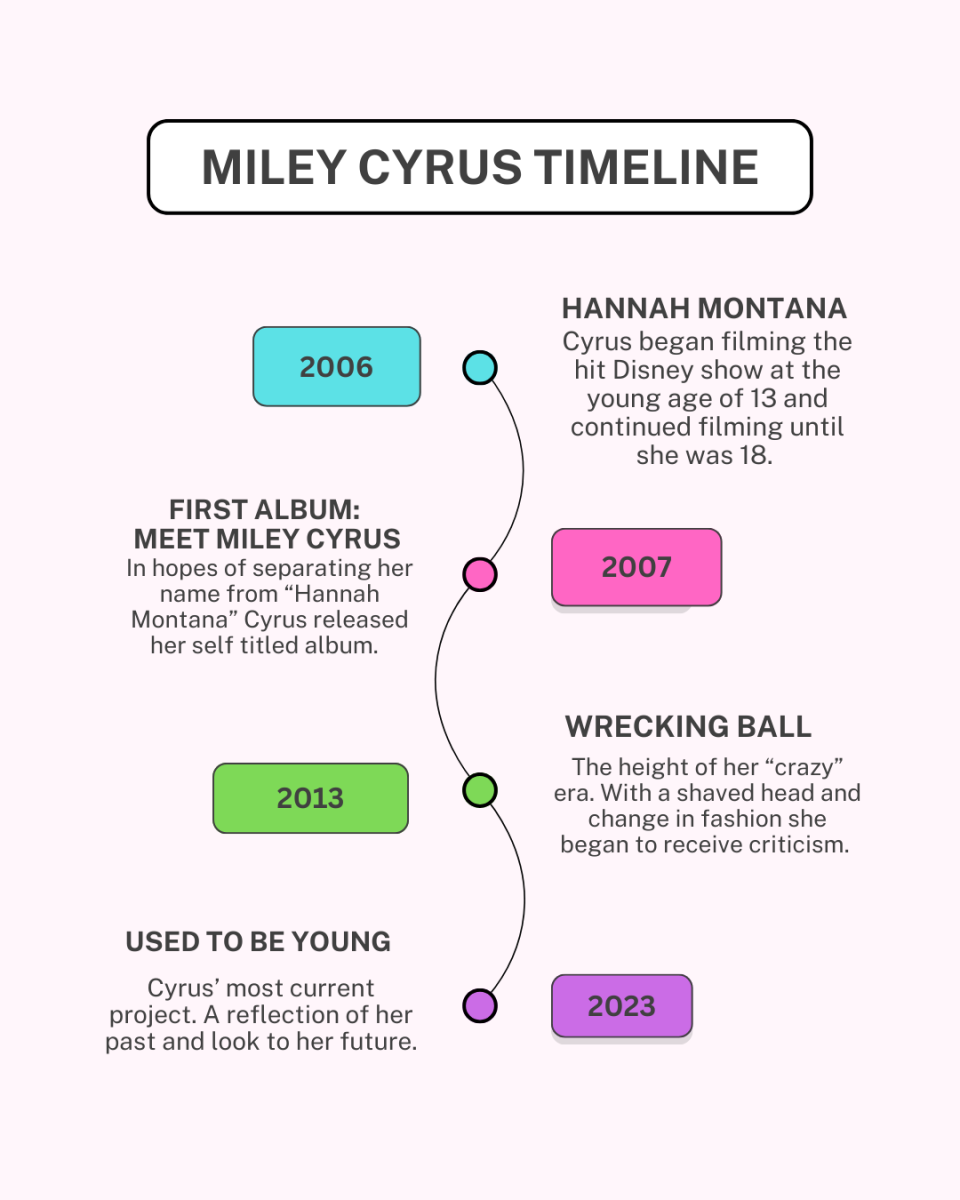

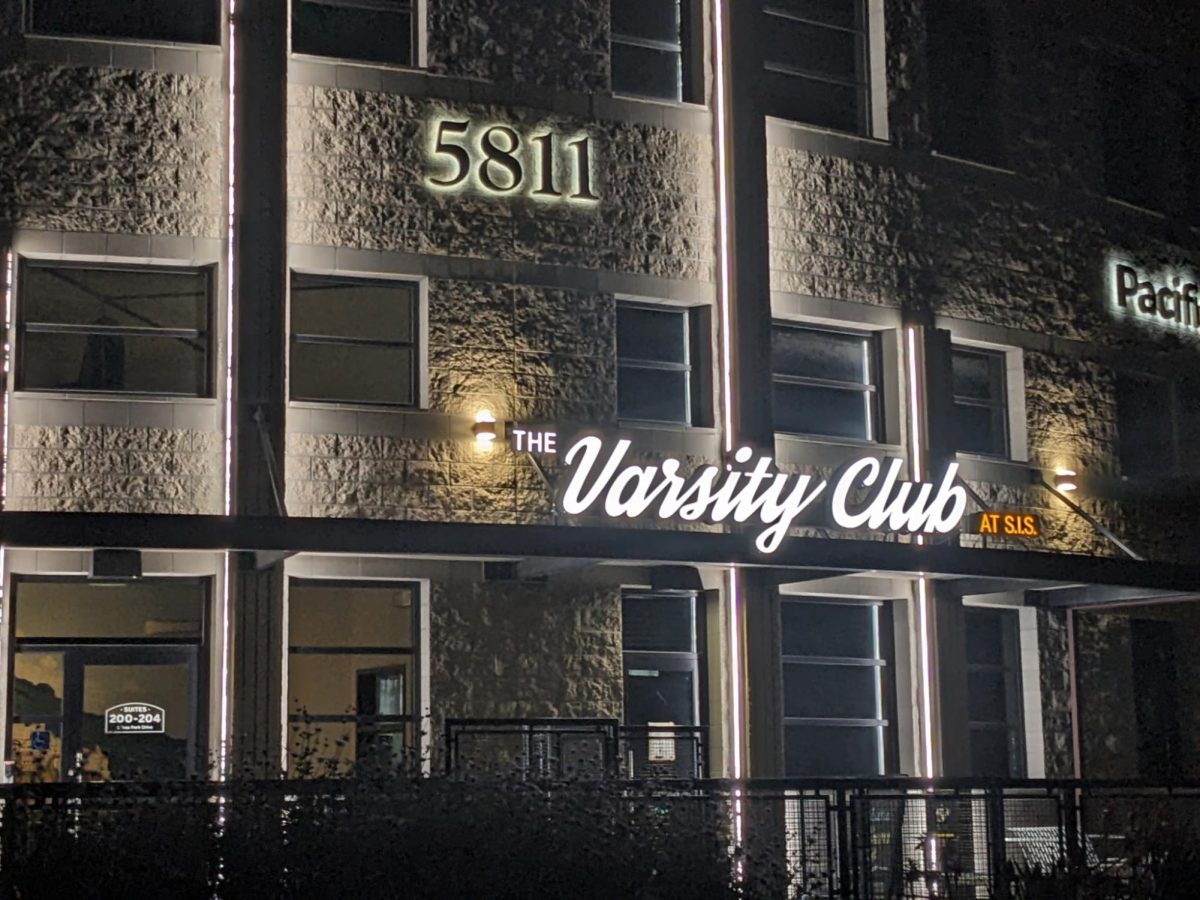
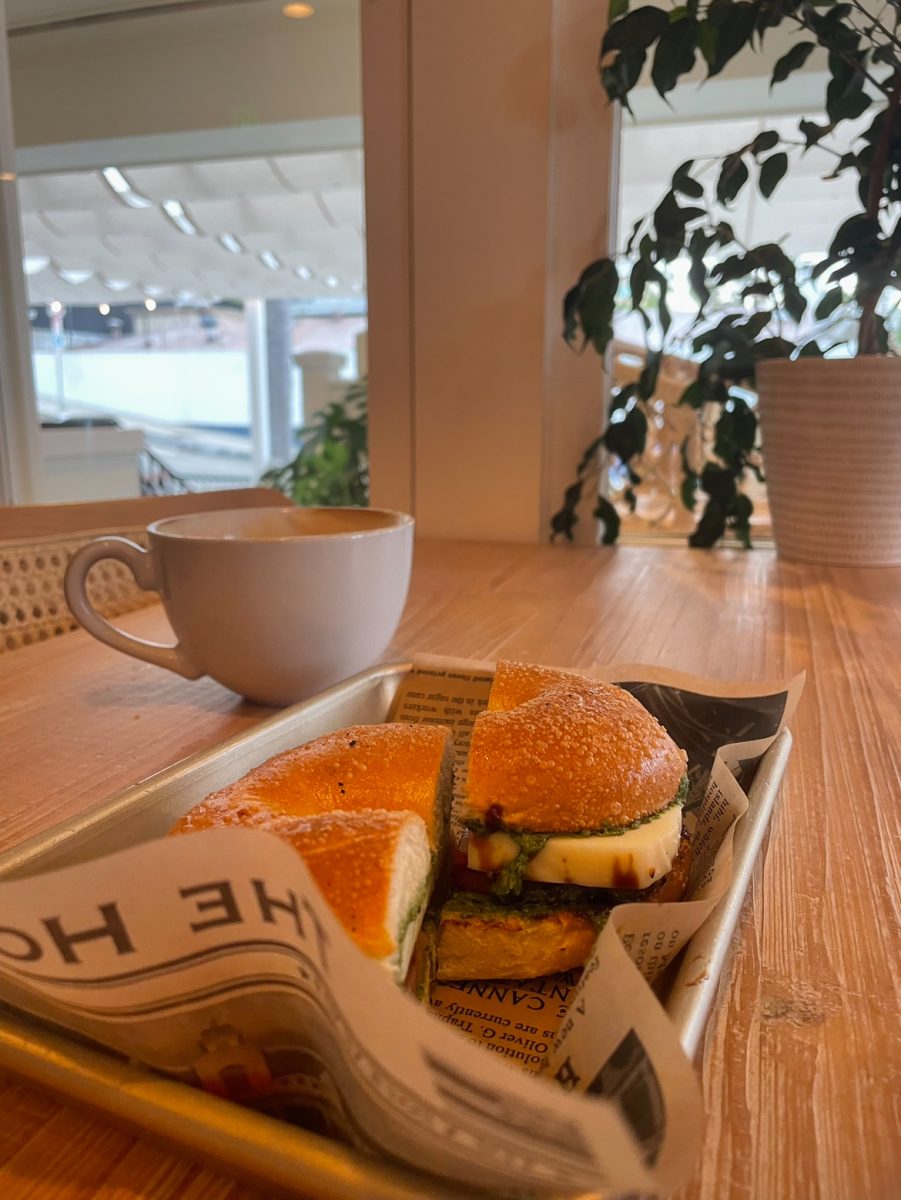
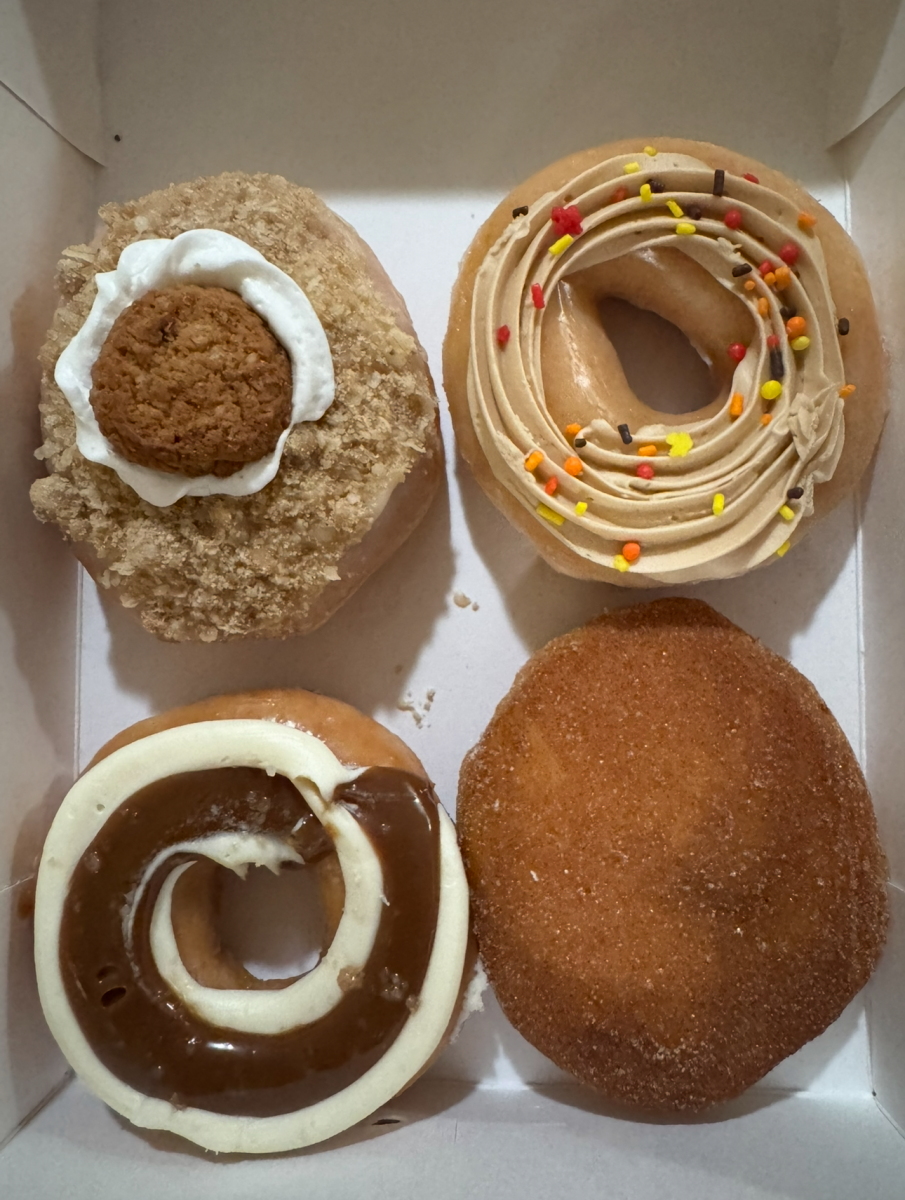
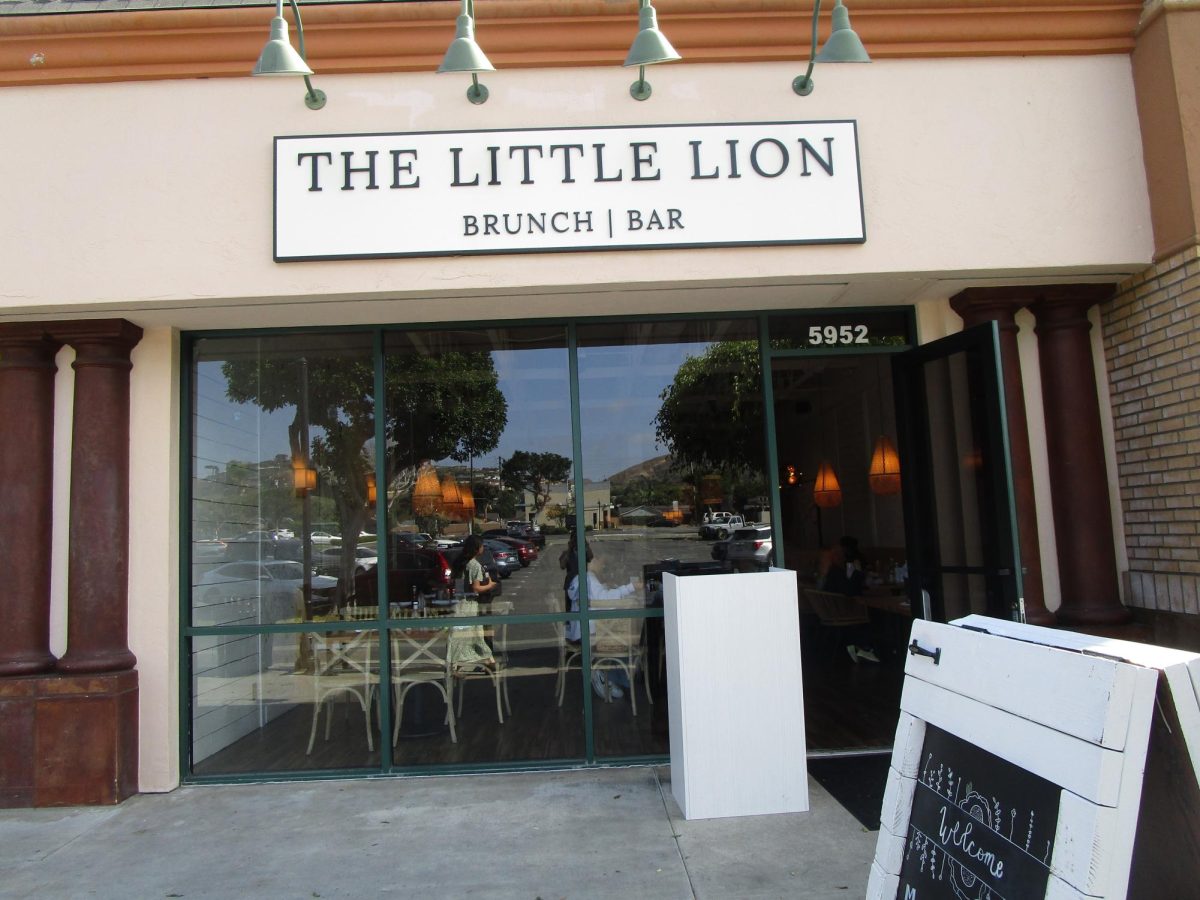
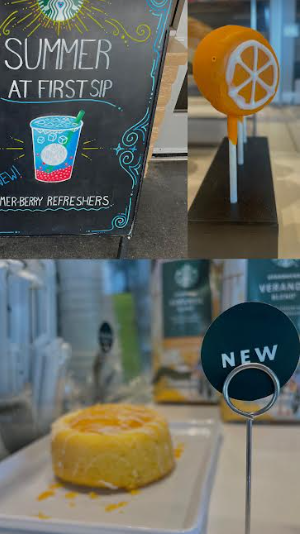



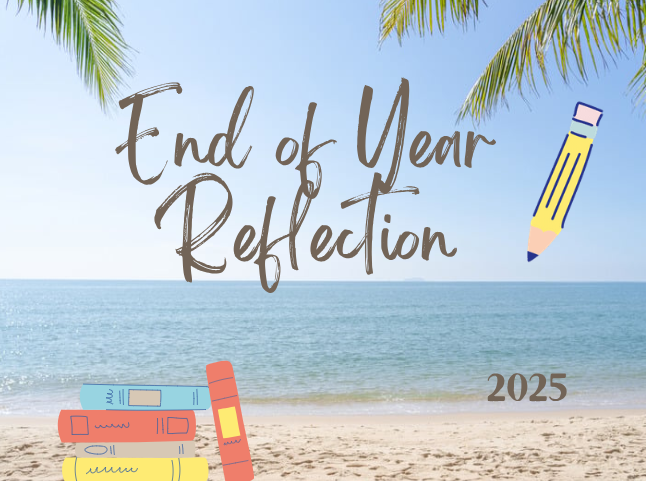
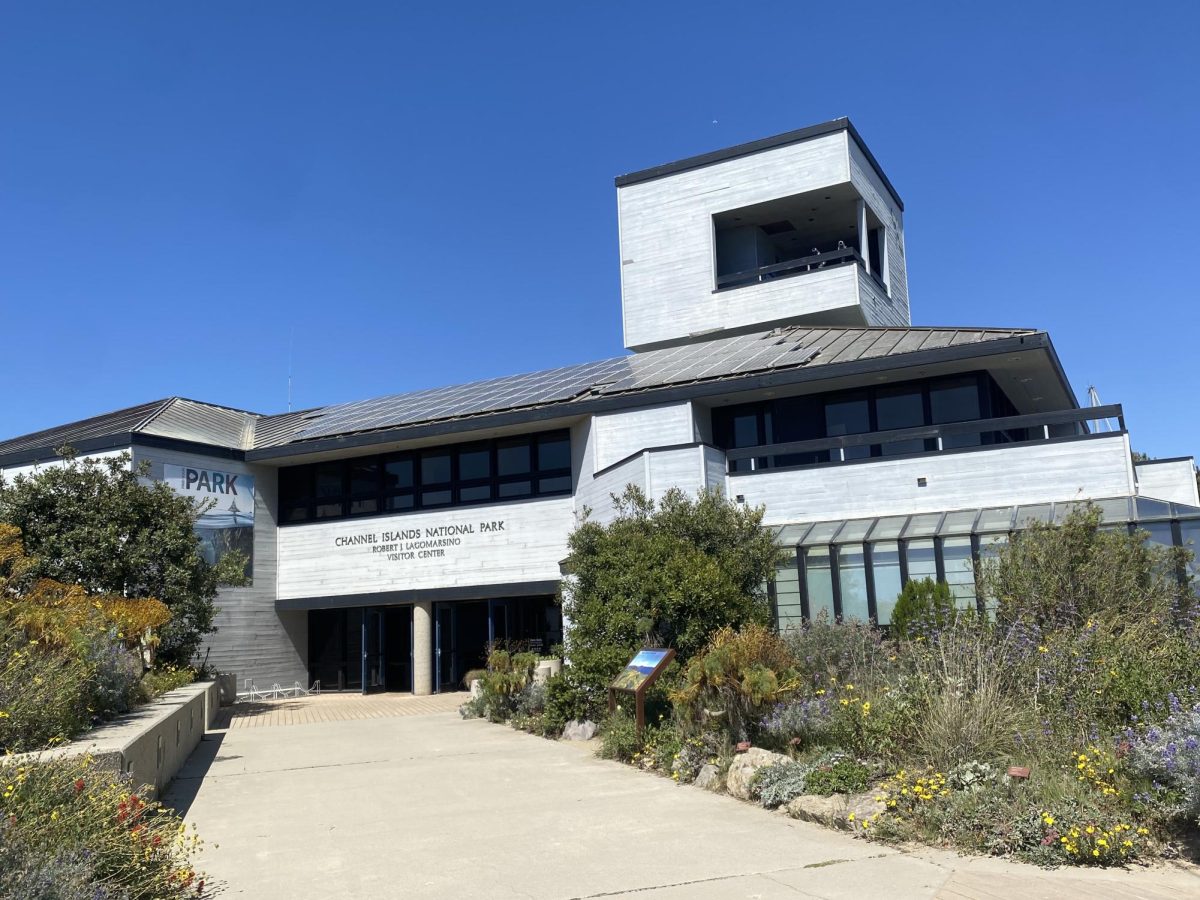

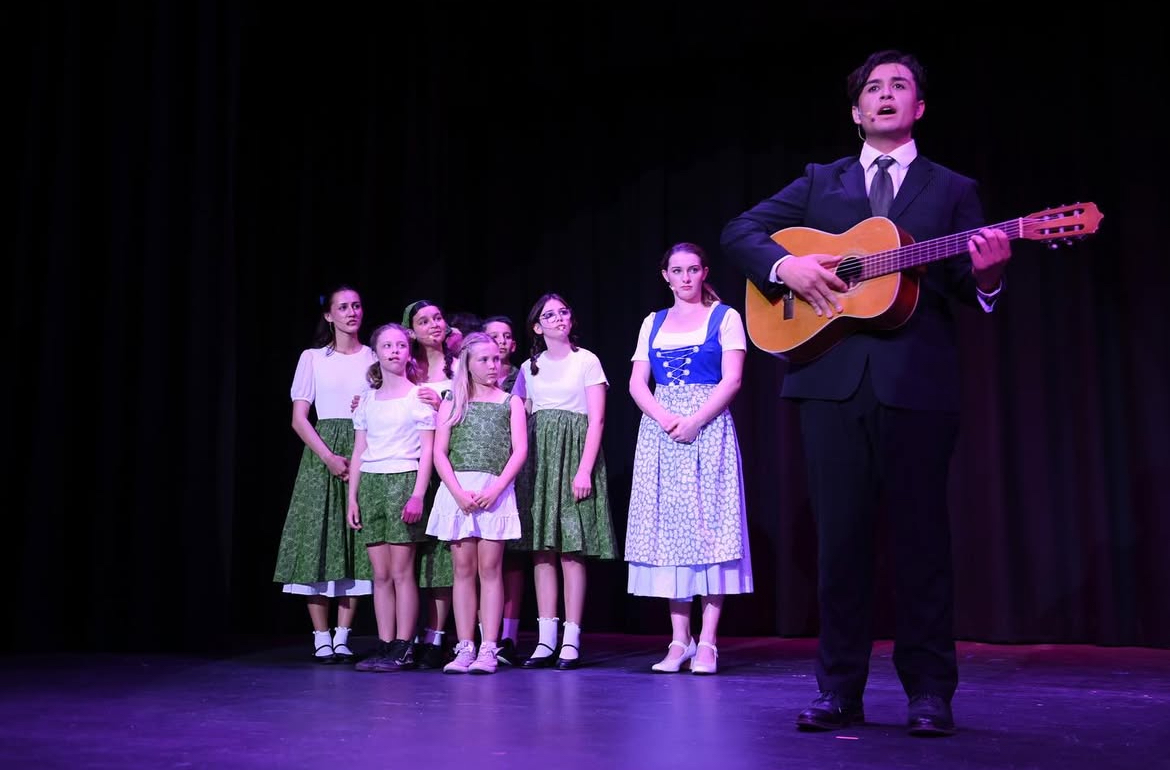

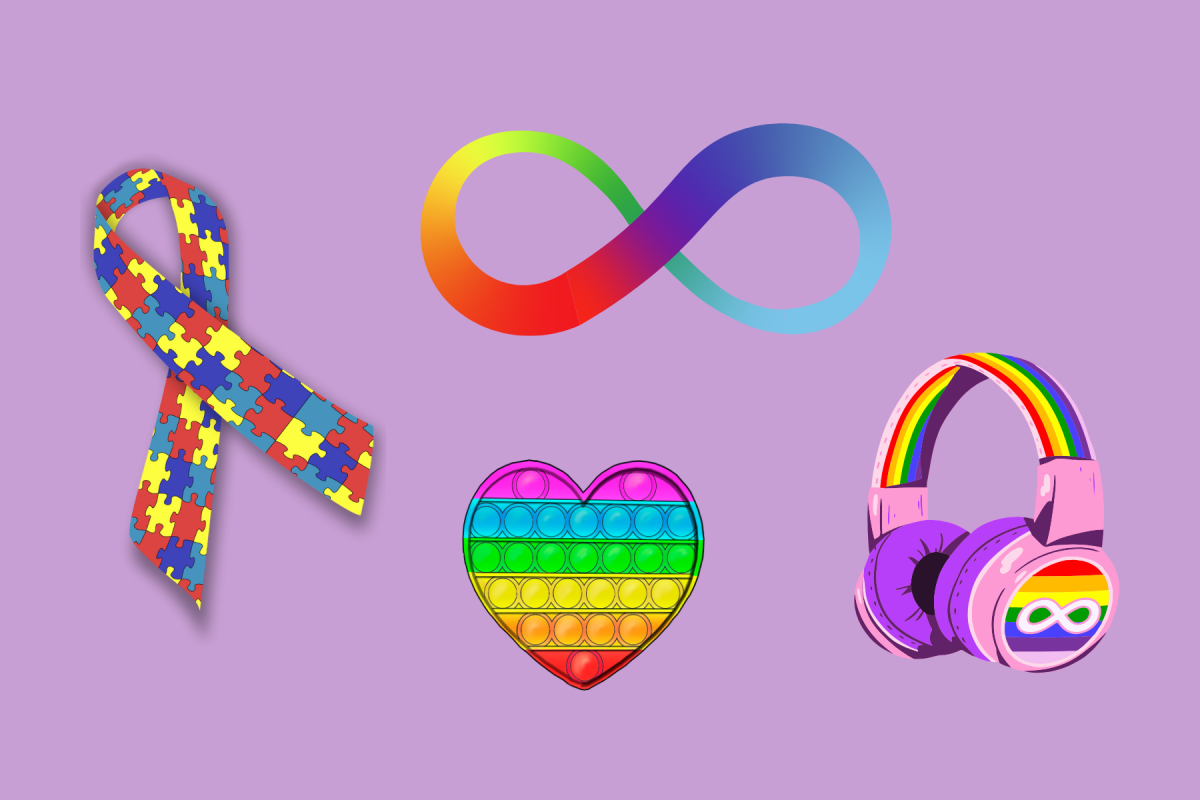
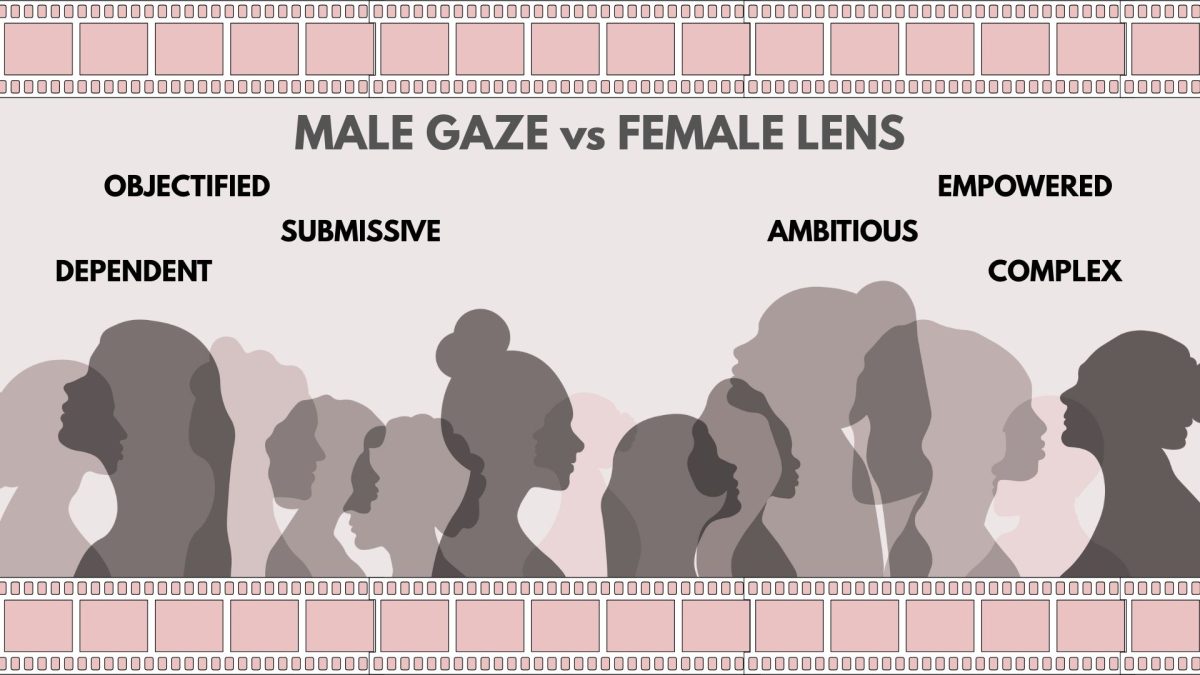
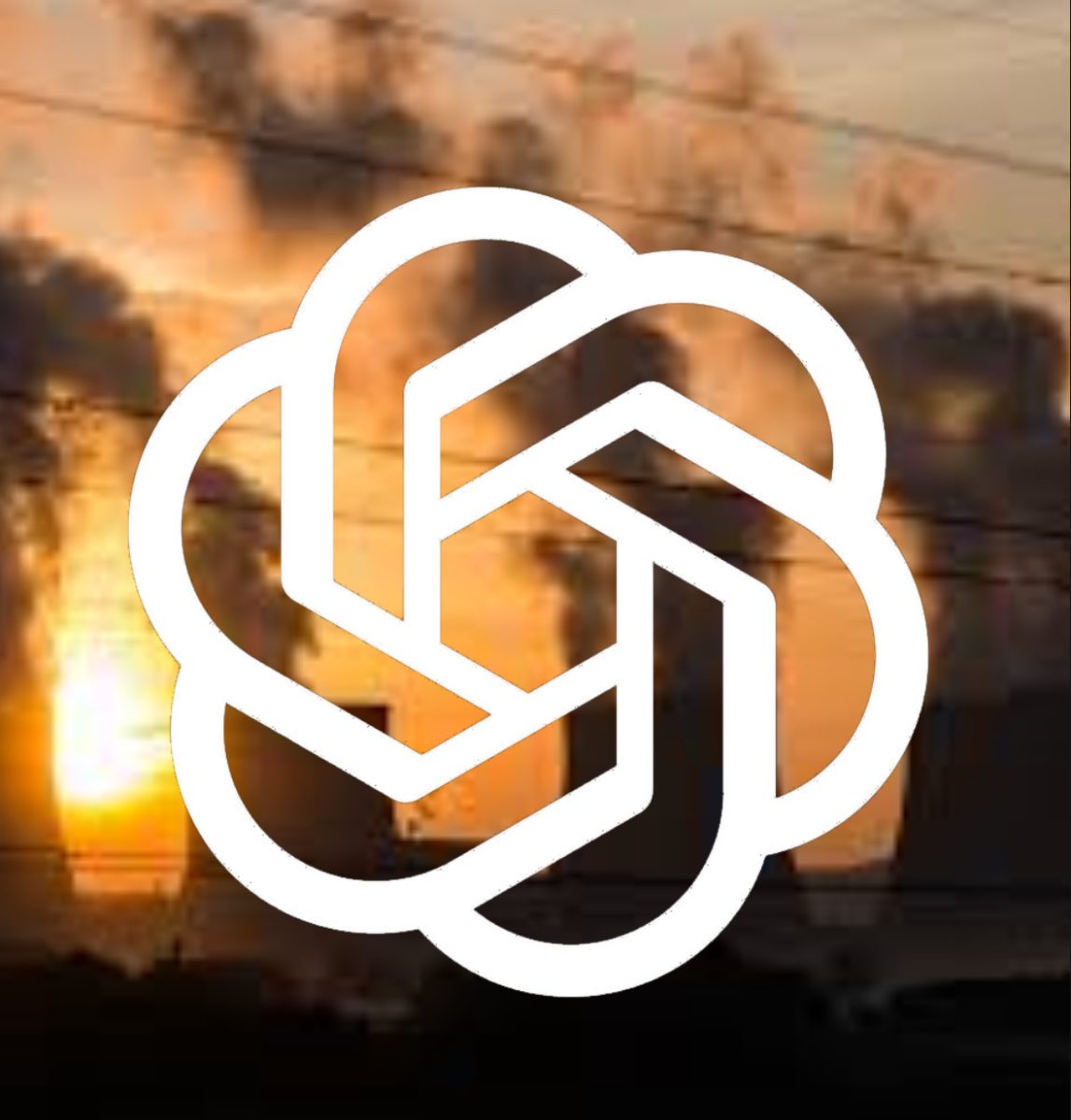

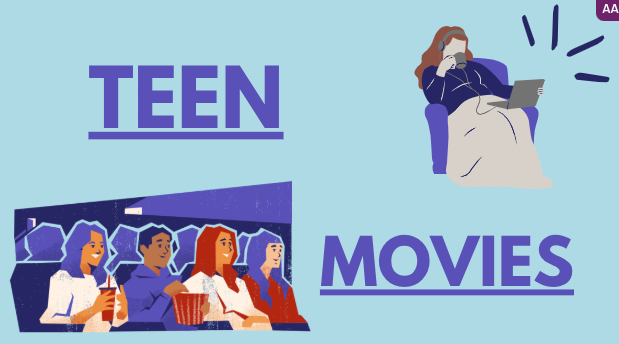
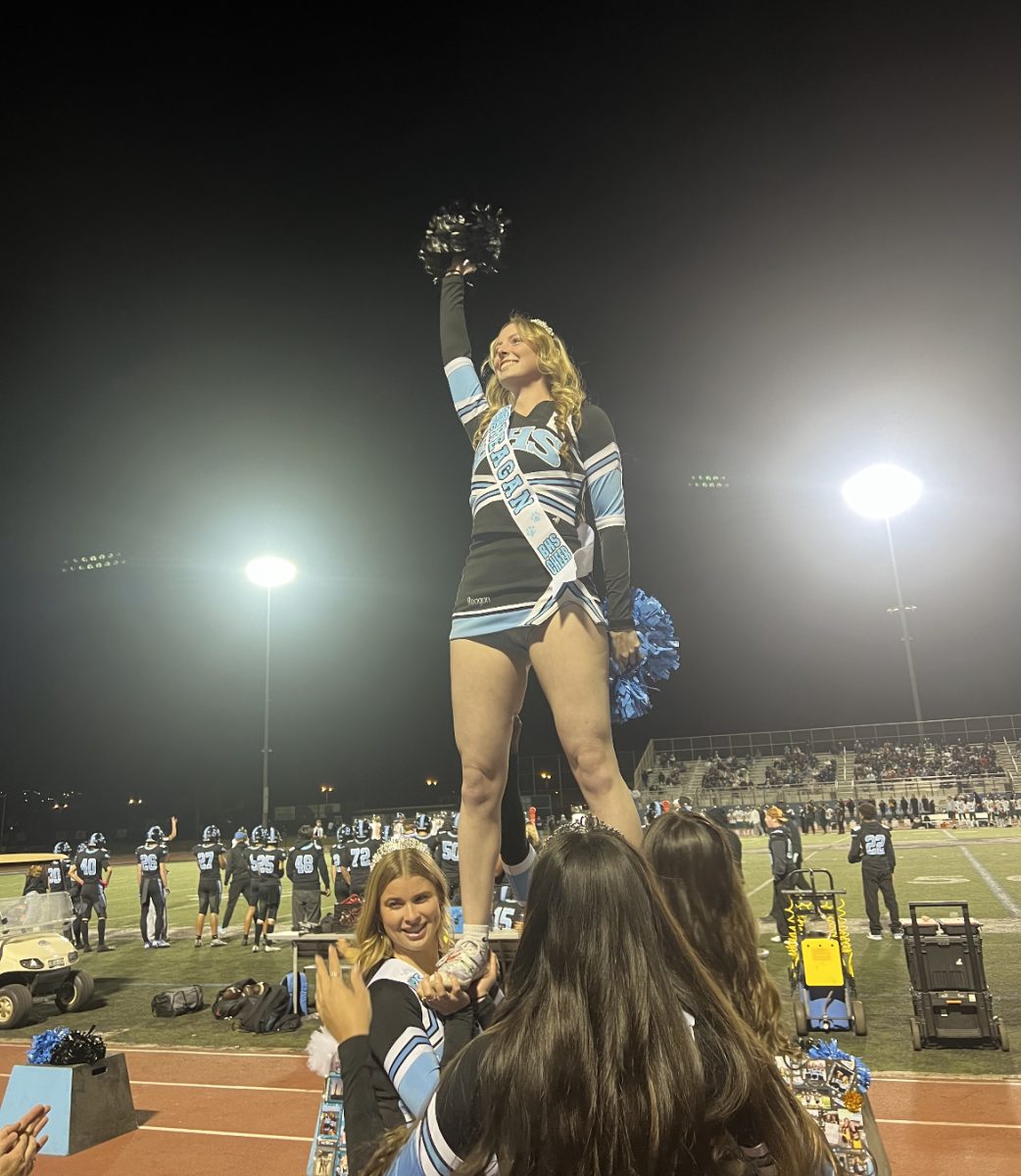
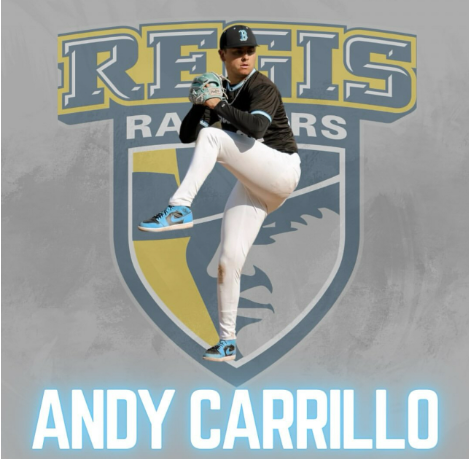
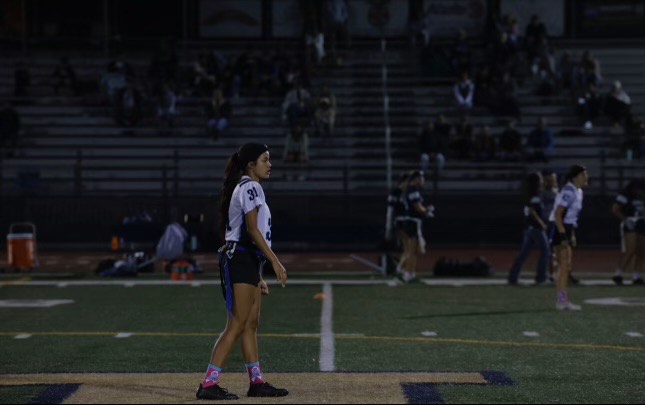
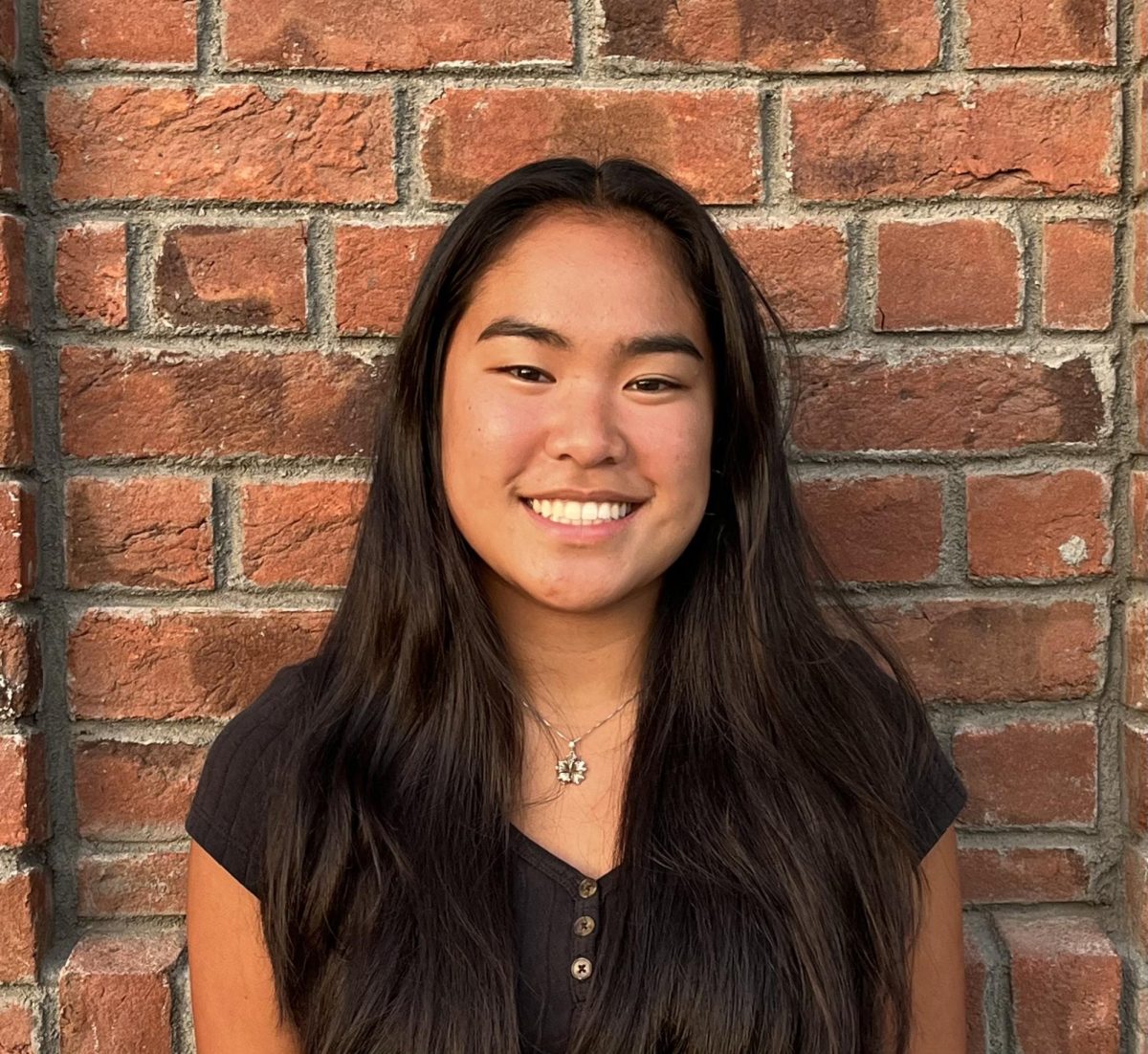
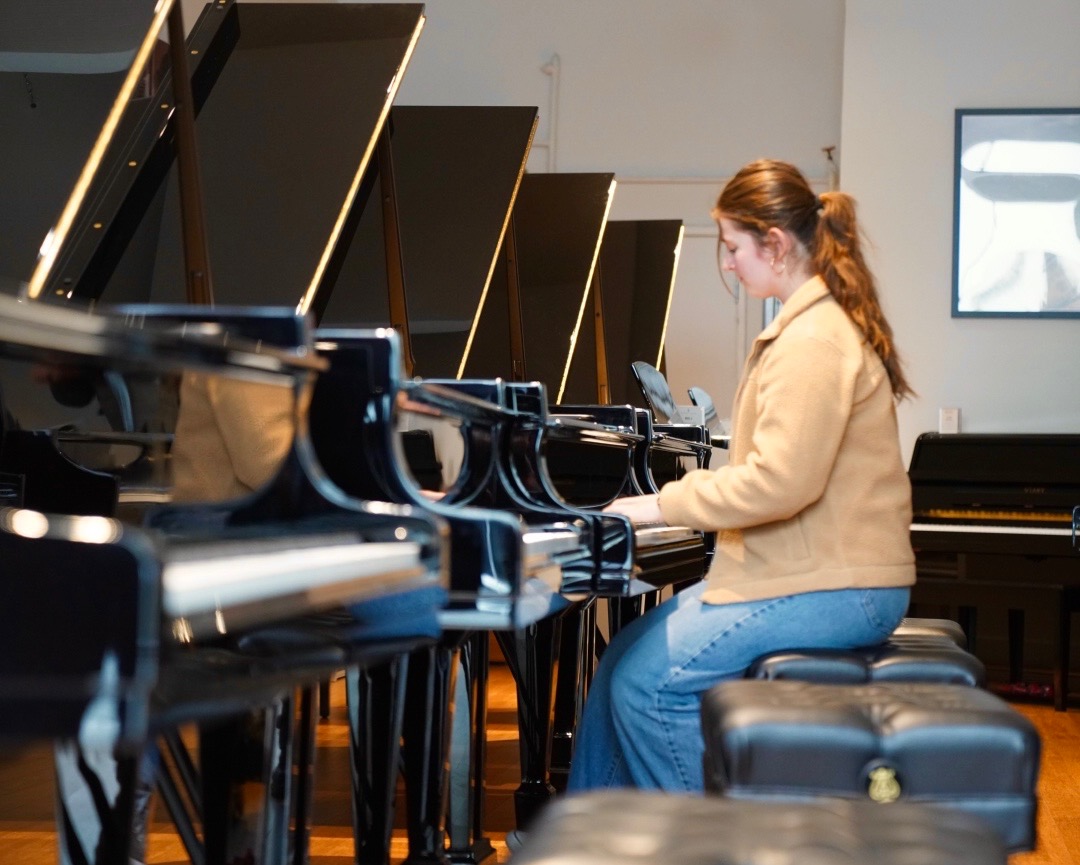
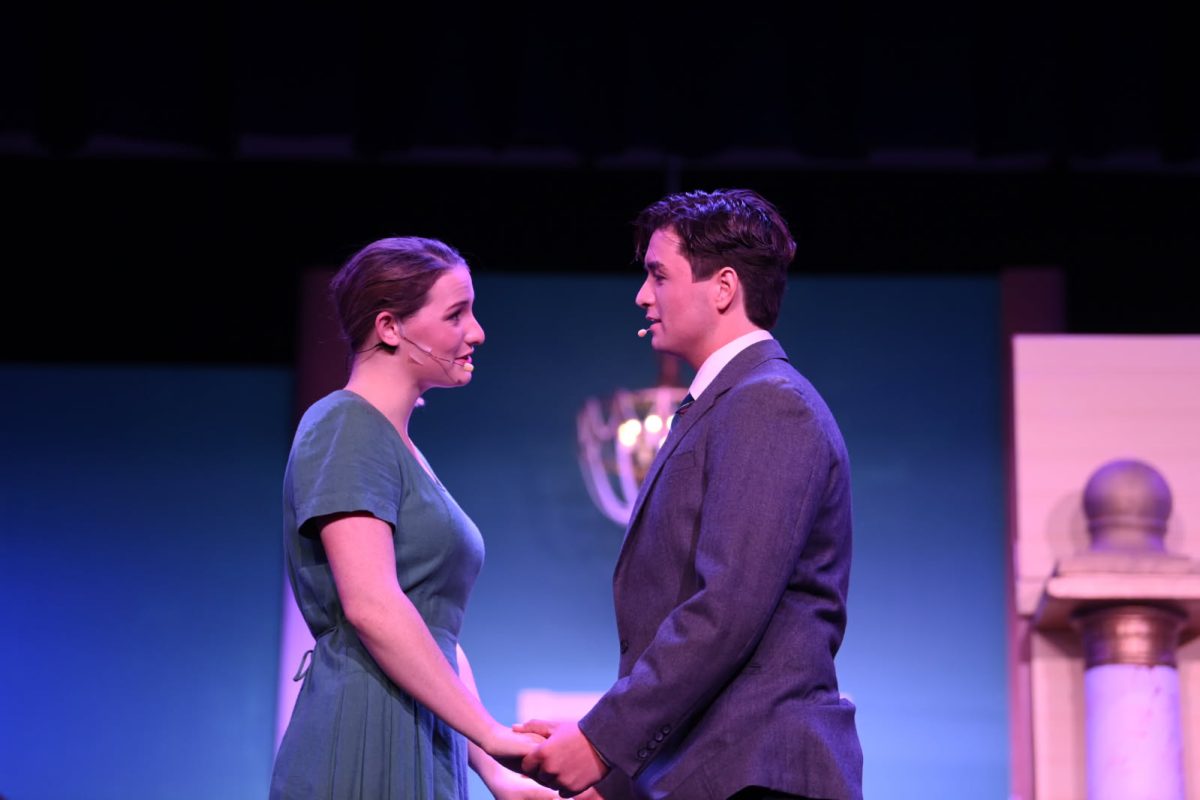
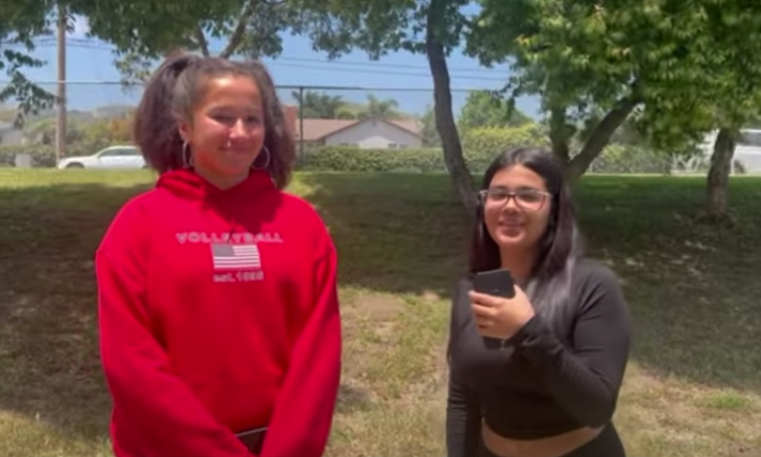
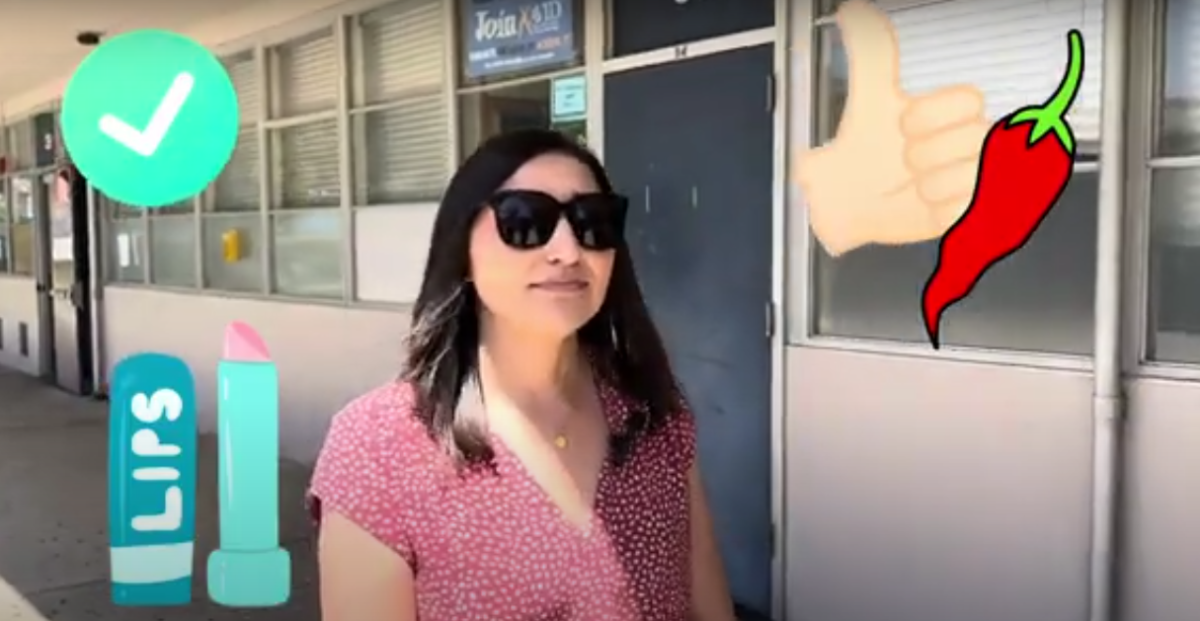
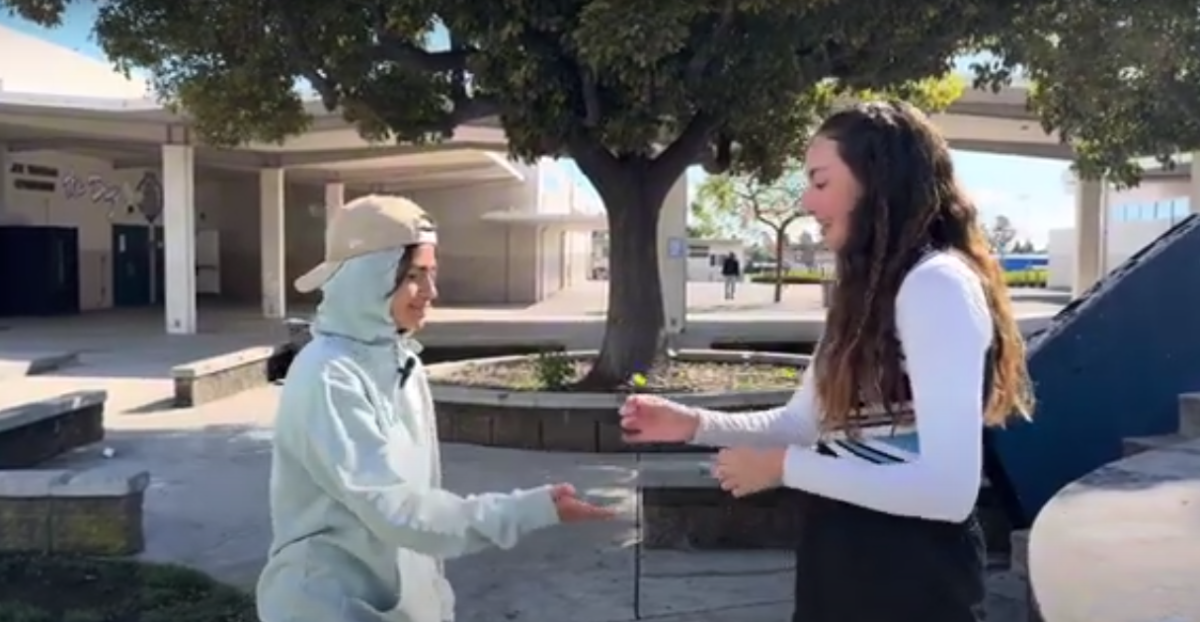
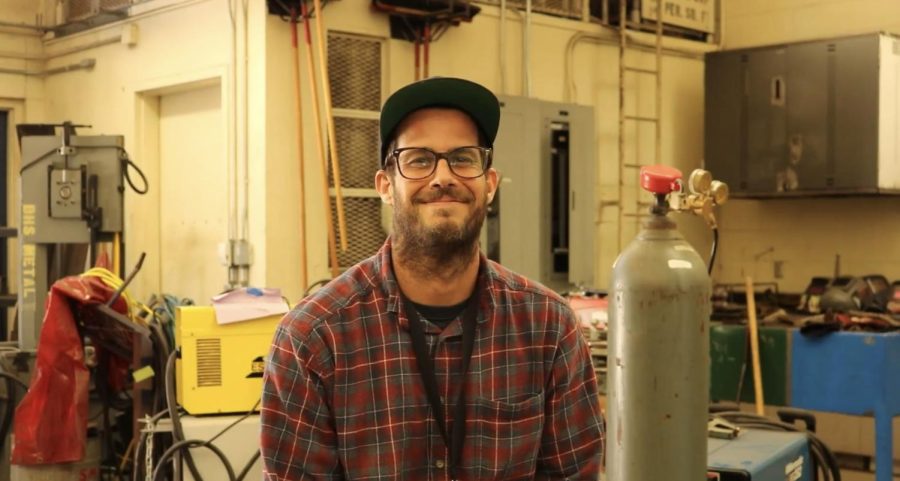
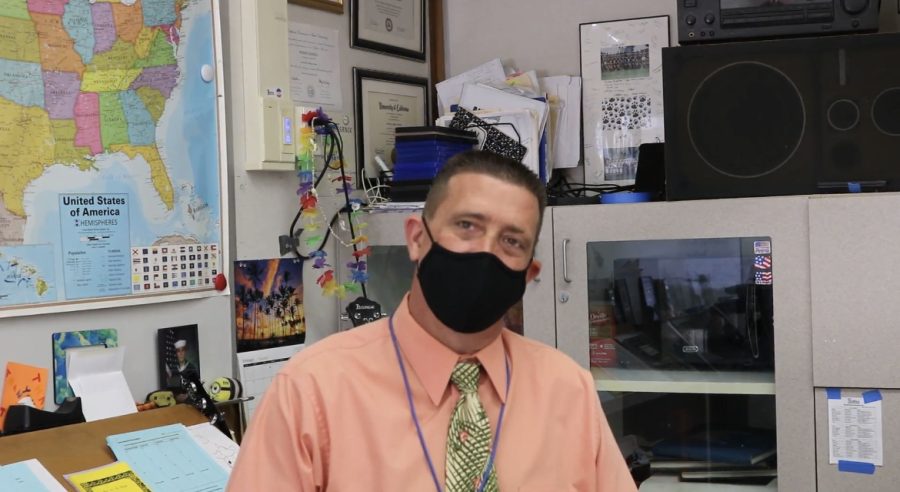
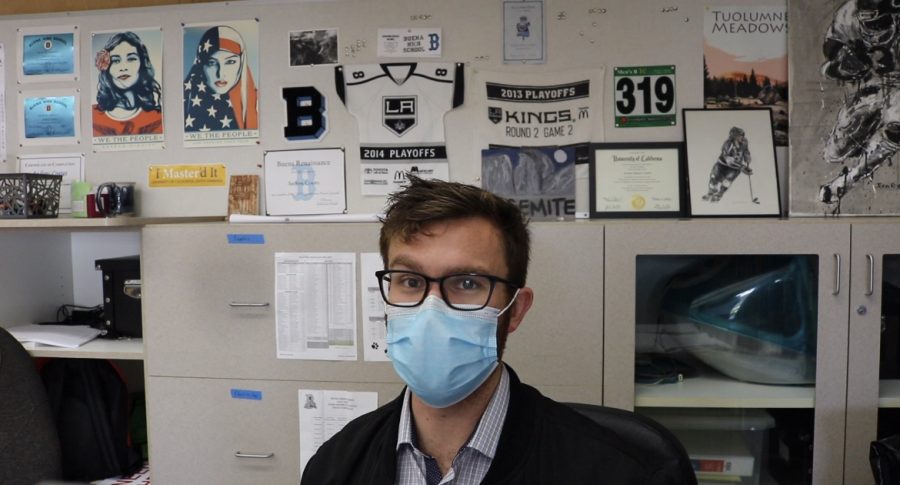
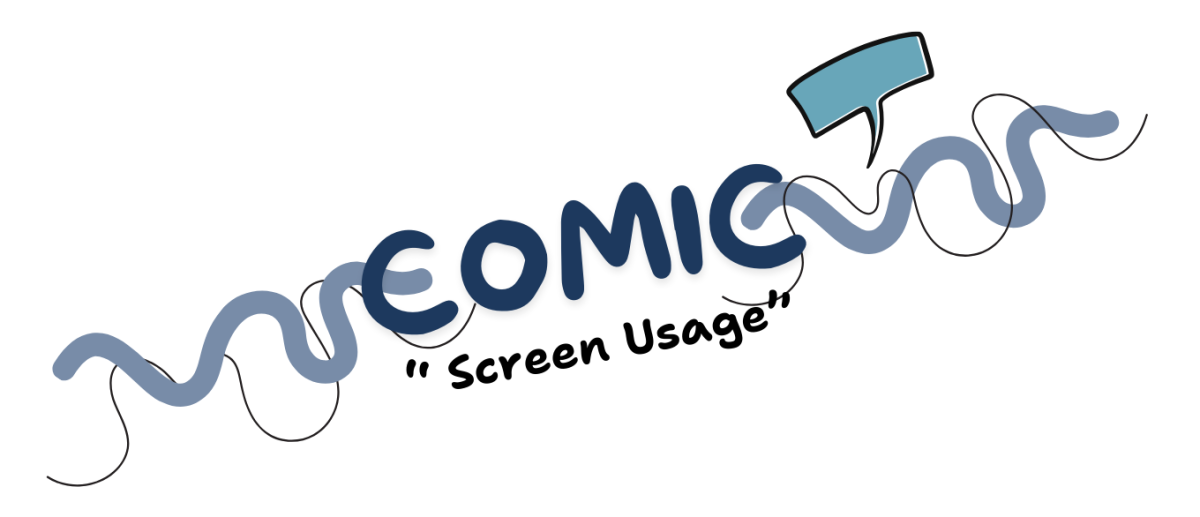
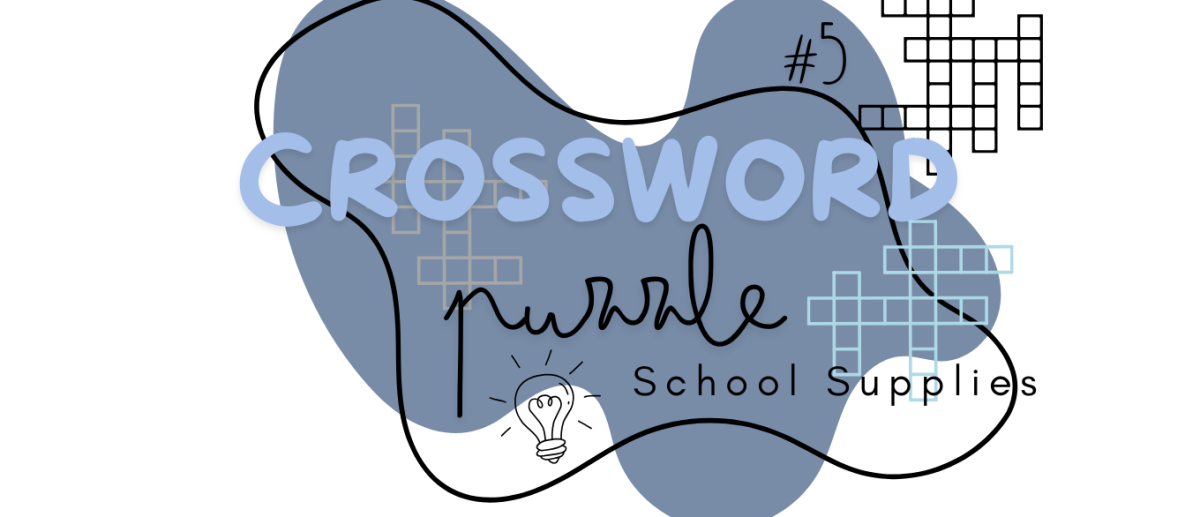
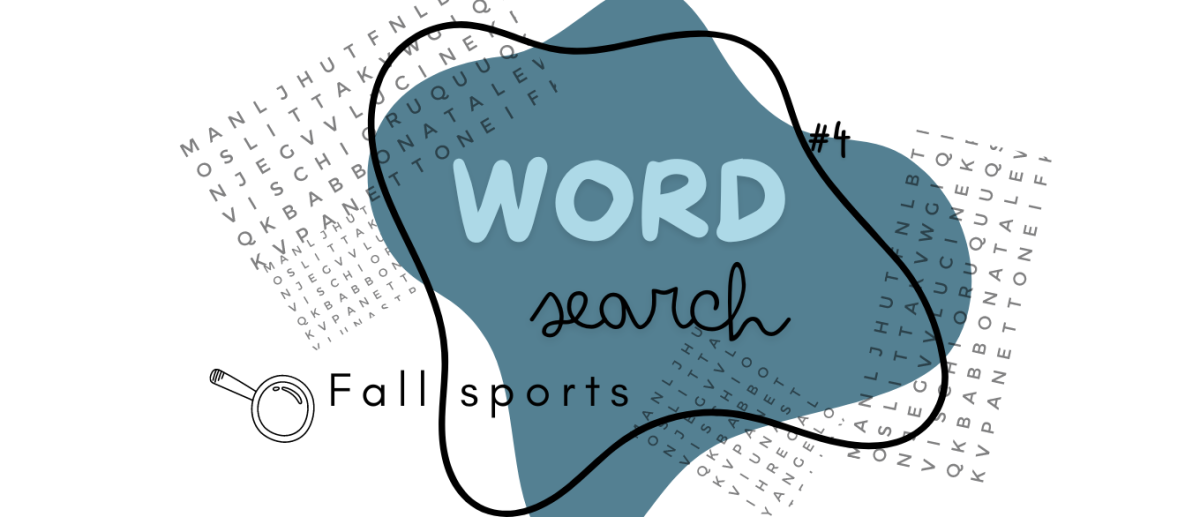
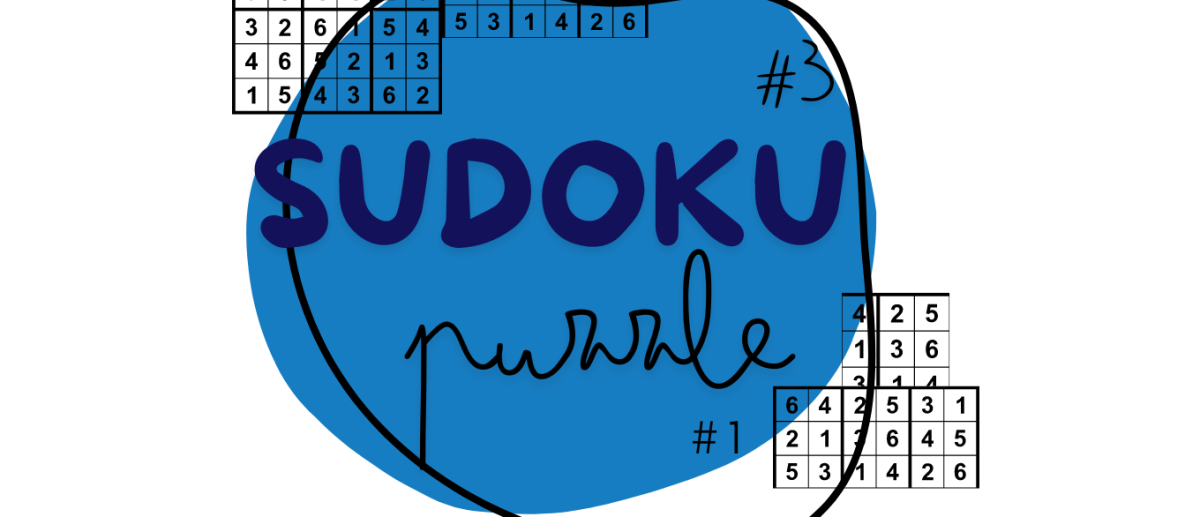
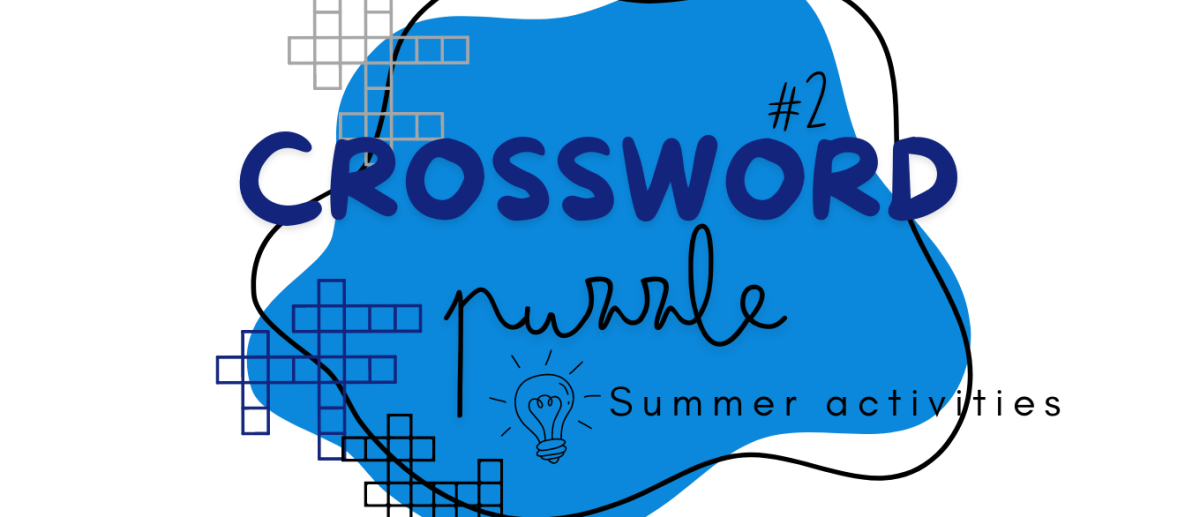


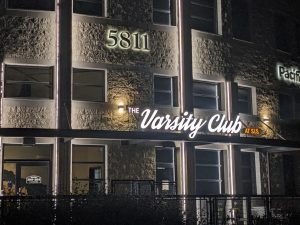
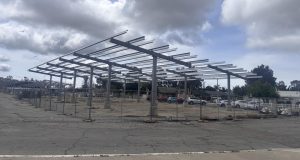


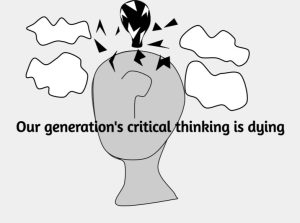

Roberto • Sep 22, 2022 at 11:34 pm
… night shower though lead to coming across this great read which essentially illustrated strong similarities in my life right now in terms of concerns. Every single paragraph.
-R